Rabbit behavior can be fascinating—and sometimes puzzling. One minute they’re tossing a toy, and the next they’re frantically digging at the corner of a rug only to leave behind a little puddle of pee. If you’ve ever caught yourself wondering, “Why does rabbit pee after digging?” you’re not alone. This combo of digging followed by urination might seem random, but there’s more to it than just an accident.
Click Here For a Guide to Creating the Ideal Litter Box.

Understanding what’s going on in your bunny’s head (and bladder) can help you manage your rabbit’s environment better, reduce stress behaviors, and prevent unwanted messes. This article breaks down the reasons behind this curious habit—and what you can do about it.
Understanding Natural Rabbit Behavior
Digging is hardwired into your rabbit’s instincts. In the wild, rabbits dig to build tunnels, escape threats, and create safe nesting spots. For domestic rabbits, those natural instincts don’t disappear just because they live indoors.
That’s why your bun might dig at blankets, corners of rooms, or litter box bedding. The ground might be carpet instead of dirt, but their brain is telling them to dig anyway. It’s what they do when they feel, anxious, playful—or sometimes excited, anxious, playful—or sometimes territorial.

Why Does Rabbit Pee After Digging?
Now, let’s answer the big question: why does rabbit pee after digging? This behavior often ties to territorial instincts, frustration, or confusion about where it’s okay to “go.” In other words, it’s rarely just about bladder control.
Here are the top reasons this behavior combo happens:
1. Marking Territory
This is the most common reason. Digging is often a prelude to claiming space. When your rabbit follows that action by urinating, they’re sending a strong message: “This spot is mine.” Unfixed males and females are especially prone to this kind of behavior.
If your rabbit digs in a particular corner and then pees, they may be feeling insecure about their territory. Adding a new bunny to the household? Moving furniture? Even changing their play area can trigger this marking response.
2. Confusion About Litter Training
Sometimes digging in or near a litter box can stir up hay or bedding, making it feel like a spot they can go potty. If that behavior extends to digging on blankets or rugs, they might confuse the texture with their usual bathroom area.
Inconsistency with litter training can add to the confusion. If the litter box gets moved or isn’t cleaned often enough, they may start going elsewhere—and digging first could just be part of the process.
3. Stress or Overstimulation
Digging can be a stress response. If your bunny gets overwhelmed or excited, they may dig as a way to self-soothe. Peeing afterward may simply be their body reacting to the heightened energy or anxiety. Think of it like a toddler who gets overstimulated and forgets their potty training.
If your rabbit has been unusually reactive or withdrawn, check out our post on decoding bunny behavior. Recognizing their emotional signals is key to keeping their environment comfortable.
4. Hormonal Behavior (Especially in Unspayed/Unneutered Rabbits)
If your rabbit hasn’t been fixed, the digging-and-peeing combo may be more about hormones than anything else. Intact rabbits are more territorial, more restless, and more likely to mark their area—especially if they smell another animal.
Hormones can bring out some intense behaviors in rabbits, especially between the ages of 4 to 8 months. During this period, rabbits often become more aggressive, vocal, and prone to spraying or inappropriate urination. That includes peeing after digging. To a hormonal rabbit, that freshly dug spot can feel like prime real estate that needs a scent marker. The result? A small puddle—and sometimes a big headache.
Spaying or neutering can dramatically reduce these issues. Fixed rabbits tend to be calmer, easier to train, and far less likely to mark their surroundings.
5. Lack of Enrichment or Boredom
When rabbits are bored, they dig. And suppose they don’t have enough stimulation or appropriate places to dig. In that case, they might go after your rug, baseboards, or couch cushions and leave a little puddle behind.
In this case, the peeing isn’t always deliberate. Sometimes it just happens because they’re spending a lot of time in one spot with no outlet for their energy.
Rabbits are intelligent, curious animals that need more than food and shelter—they need challenges, exploration, and interaction. When they lack stimulation, their natural instincts start looking for an outlet, and digging becomes a go-to behavior. If their digging spot becomes familiar or feels like a “burrow,” it’s not uncommon for them to urinate there too, turning it into a pseudo-territory.
Enrichment can come in many forms. Simple things like cardboard tunnels, paper towel rolls stuffed with hay, or foraging mats can keep them busy.
6. Attention
Your bun may have also learned that digging attracts your attention! Yes, bunnies are that smart! They could be telling you "Pay attention to me!" or "Leave me alone!" Sometimes your bunny will even dig on you to really communicate their point.
Digging is a form of communication. Rabbits don’t meow or bark like other pets, so their body language becomes their primary voice. A rabbit who repeatedly digs at your leg, lap, or even your favorite blanket may be doing more than just playing. They’re trying to get a response.
This behavior is often driven by curiosity, boredom, or a request for interaction. If your rabbit is digging at you when you’re relaxing or working, it could be their way of saying, “Let’s do something!” They might want petting, a snack, or just your full attention. Other times, especially if you’re holding them and they start frantically digging at your shirt, they’re likely trying to escape and need space.

How to Stop This Behavior
While you may not be able to remove the urge to dig (and really, you shouldn’t—it's healthy rabbit behavior), you can manage the environment to prevent accidents and protect your home. Here's how.
Provide a Designated Digging Area
Give your rabbit a box filled with shredded paper or hay. This becomes their personal dig zone. Encourage them to use it by hiding treats or mixing in a few of their favorite toys.
This gives them the satisfaction of digging without destroying your carpet.
Spay or Neuter Your Rabbit
This can significantly reduce territorial marking. Most rabbits calm down within a few weeks after surgery, and behaviors like spraying, excessive digging, and peeing in odd places decrease dramatically.
It also makes litter training more successful. Talk to your rabbit-savvy vet if you are looking to spay or neuter.
Reinforce Litter Training
Go back to basics. Limit your rabbit’s space to just one or two rooms until they’re reliably using the box again. Make sure the litter is rabbit-safe and that there’s plenty of hay in the box—they love to munch while they go.
Clean any accidents with an enzyme cleaner to remove the scent completely. If they smell their own pee, they’re more likely to go there again.
Manage Their Environment
Use rugs or mats that don’t resemble litter material. Some rabbits confuse fleece, fluffy rugs, or towels for bedding. Replacing these with flat, firm mats can help stop the digging-then-peeing cycle.
You should also watch how they react to changes in the home. If a new pet, person, or layout triggers digging and peeing, give your rabbit time to adjust and create a few “safe zones” that are always left the same.
Keep Them Busy
Digging often comes from boredom. Rotate toys regularly, provide safe chew items, and offer supervised free-roam time. If your bunny is active and engaged, they’ll be less likely to fixate on that one rug corner or cushion seam.
Consider using puzzle toys or foraging mats to keep their brain busy too. Mental stimulation goes a long way in reducing destructive behaviors.
What to Avoid When Managing This Behavior
It's important not to scold or punish your rabbit. Negative reinforcement doesn't work well with rabbits. It can lead to fear, hiding, or even aggressive behavior.

Also avoid using ammonia-based cleaners on urine spots. These cleaners smell like rabbit urine to your bun, which encourages more marking. Stick with enzymatic cleaners like Nature’s Miracle which will help neutralize odor without reinforcing it.
Lastly, don't give up too soon. Some behaviors take weeks to fade—even after being fixed. Rabbits are creatures of habit. If you’re consistent, your rabbit will catch on.
Why Does Rabbit Pee After Digging: A Summary of Key Takeaways
-
Digging is a natural behavior—rabbits aren’t being “bad.”
-
Peeing afterward often means your bunny is marking territory or confused about bathroom spots.
-
Spaying/neutering, creating digging zones, and reinforcing litter habits will reduce these accidents.
So, why does rabbit pee after digging? It usually ties back to territory, stress, or confusion about where to go. But the good news is, this behavior can almost always be improved with the right approach.
Need help with litter habits or preventing accidents? Check out our post on how often to clean your rabbit's litter box to keep their bathroom space fresh and inviting.
Still seeing some behavior issues even after making changes? Speak with a rabbit-savvy vet. They can rule out urinary tract infections or behavioral issues that need deeper attention.
In the meantime, let your rabbit dig, explore, and be the funny little fluff they are. You’ll both be happier for it.

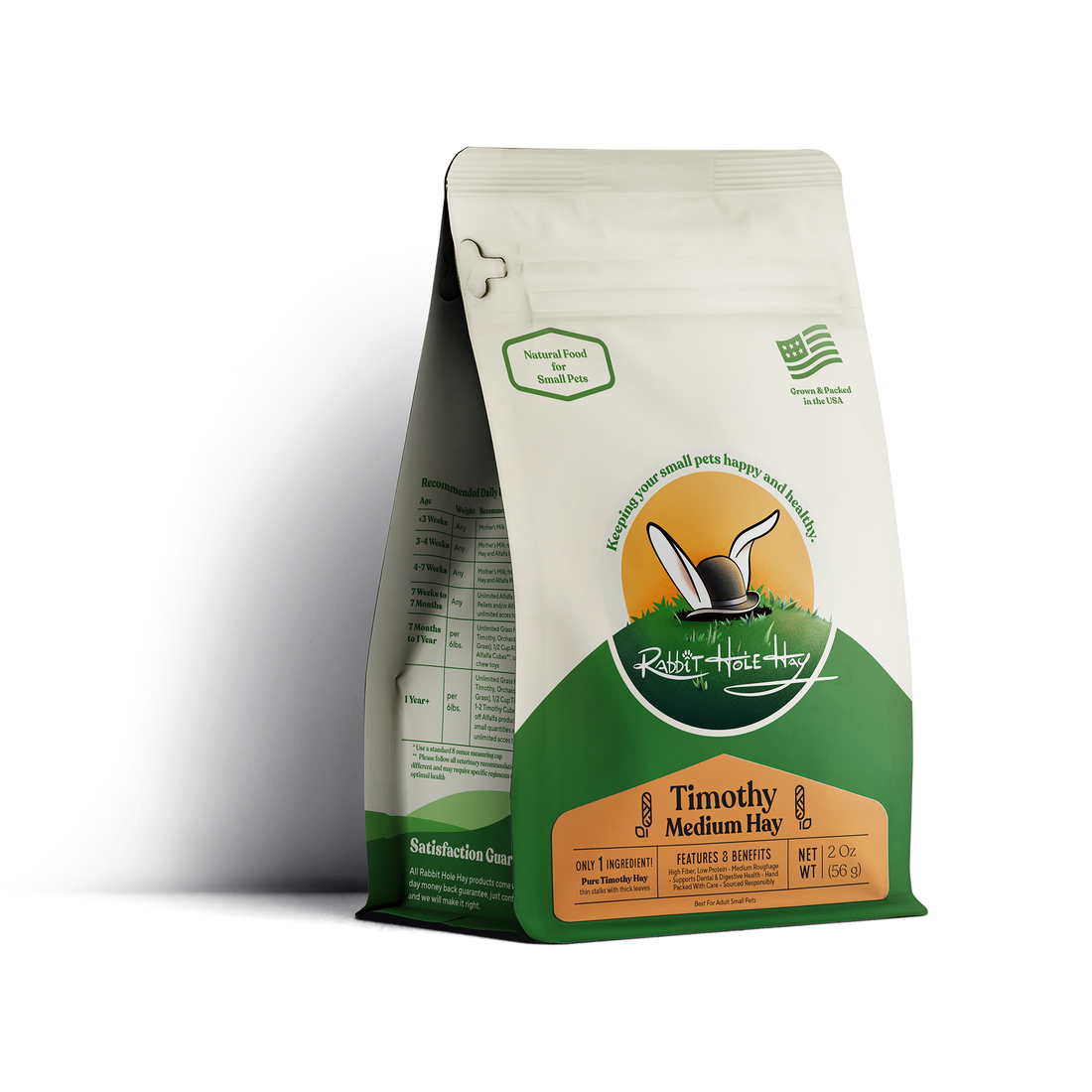

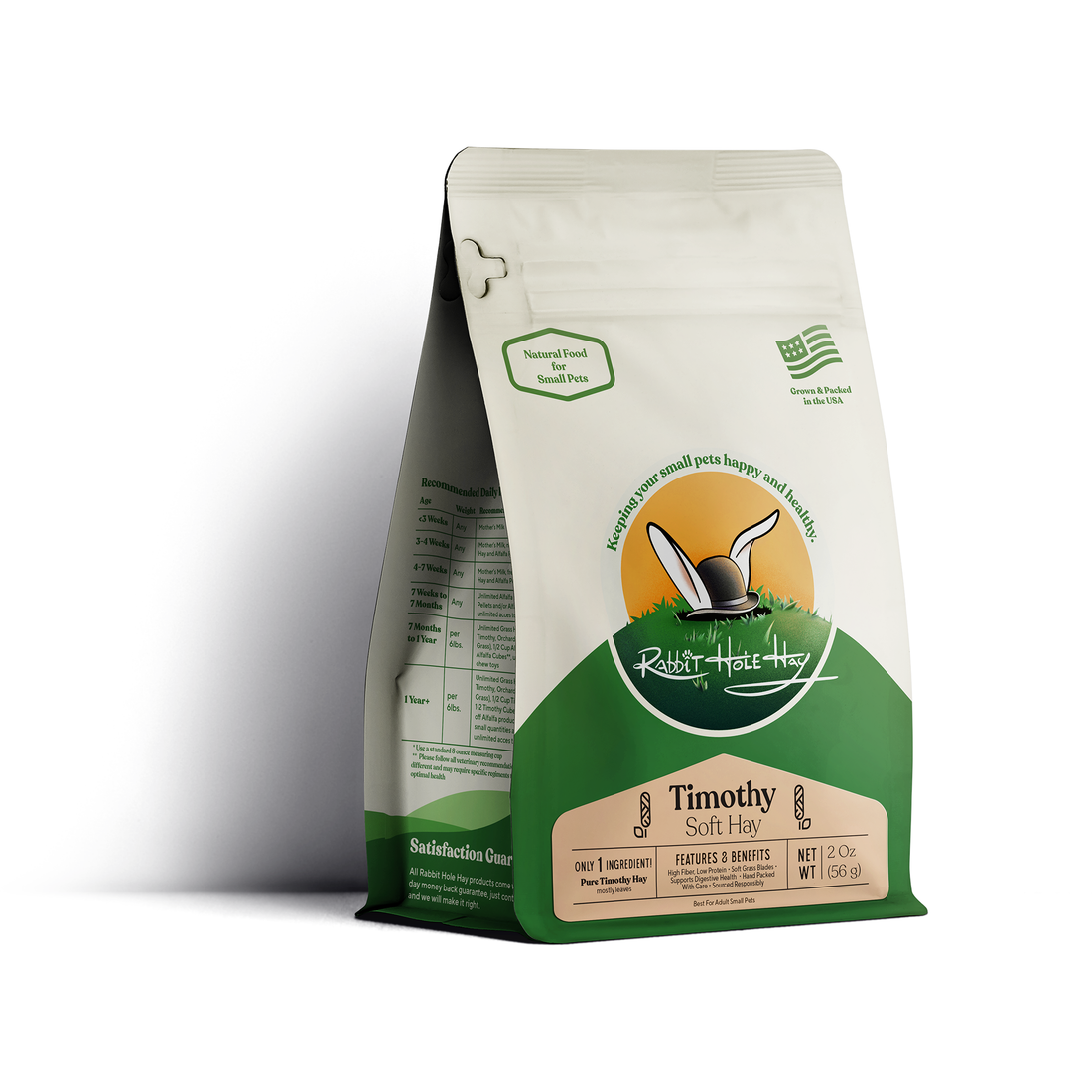

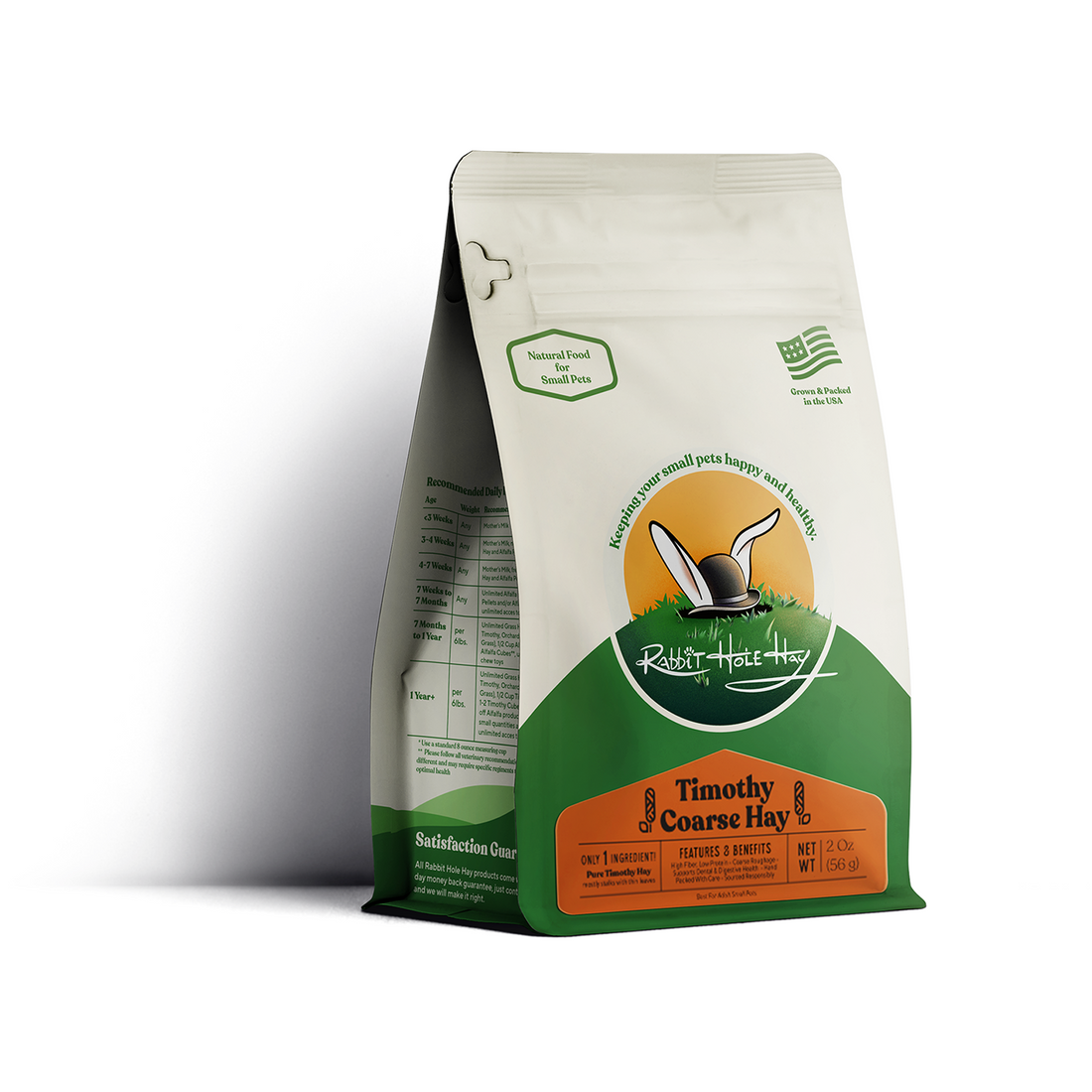

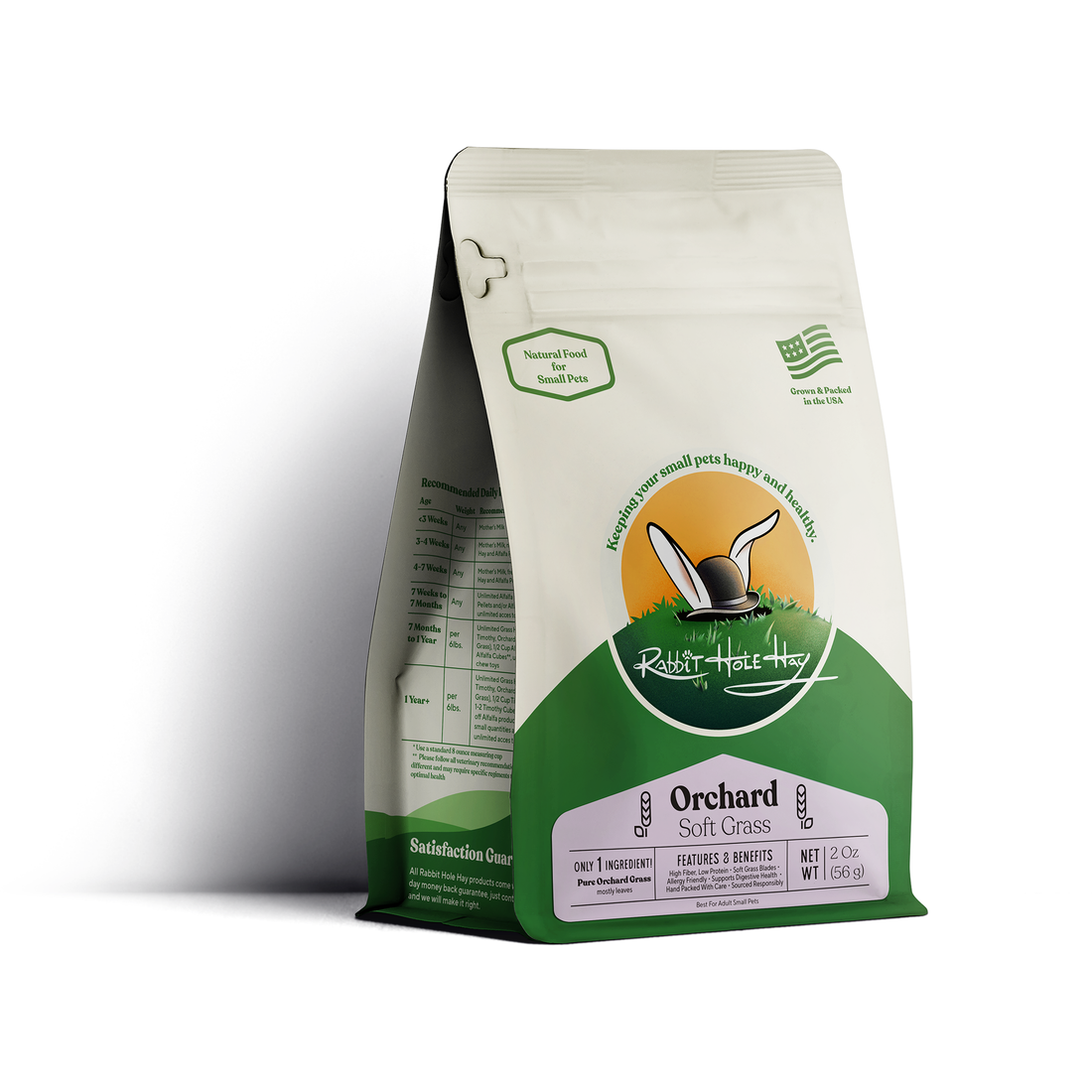

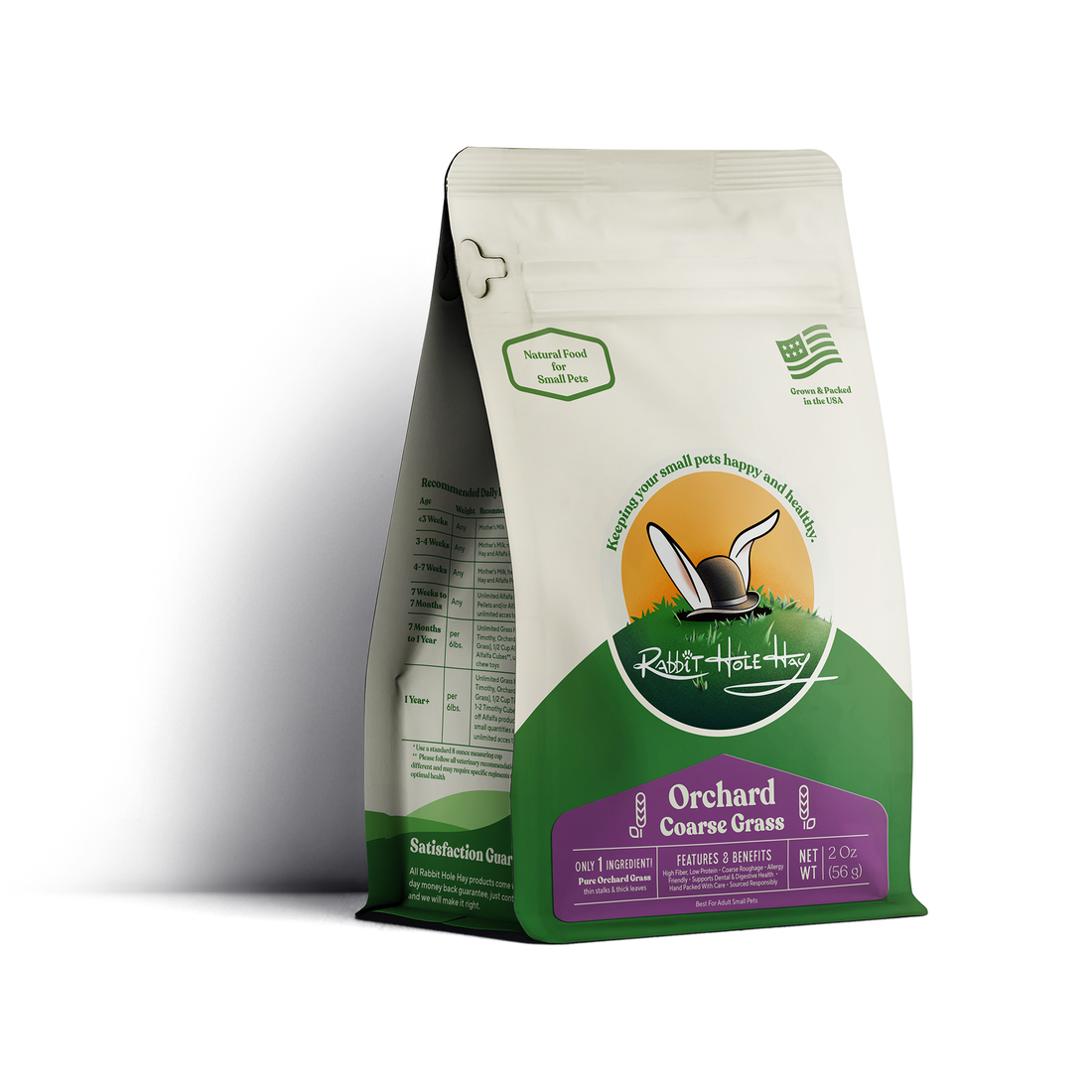

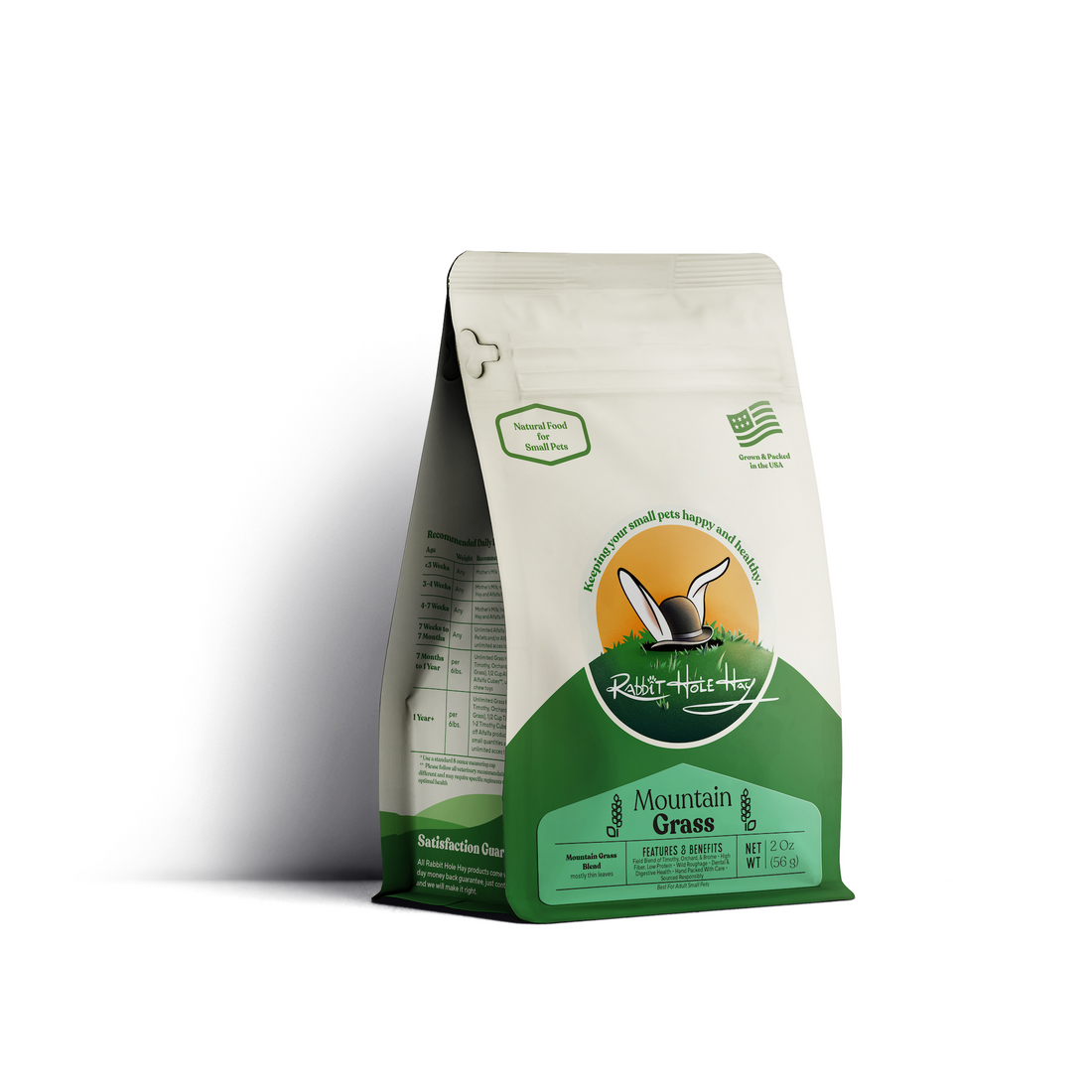

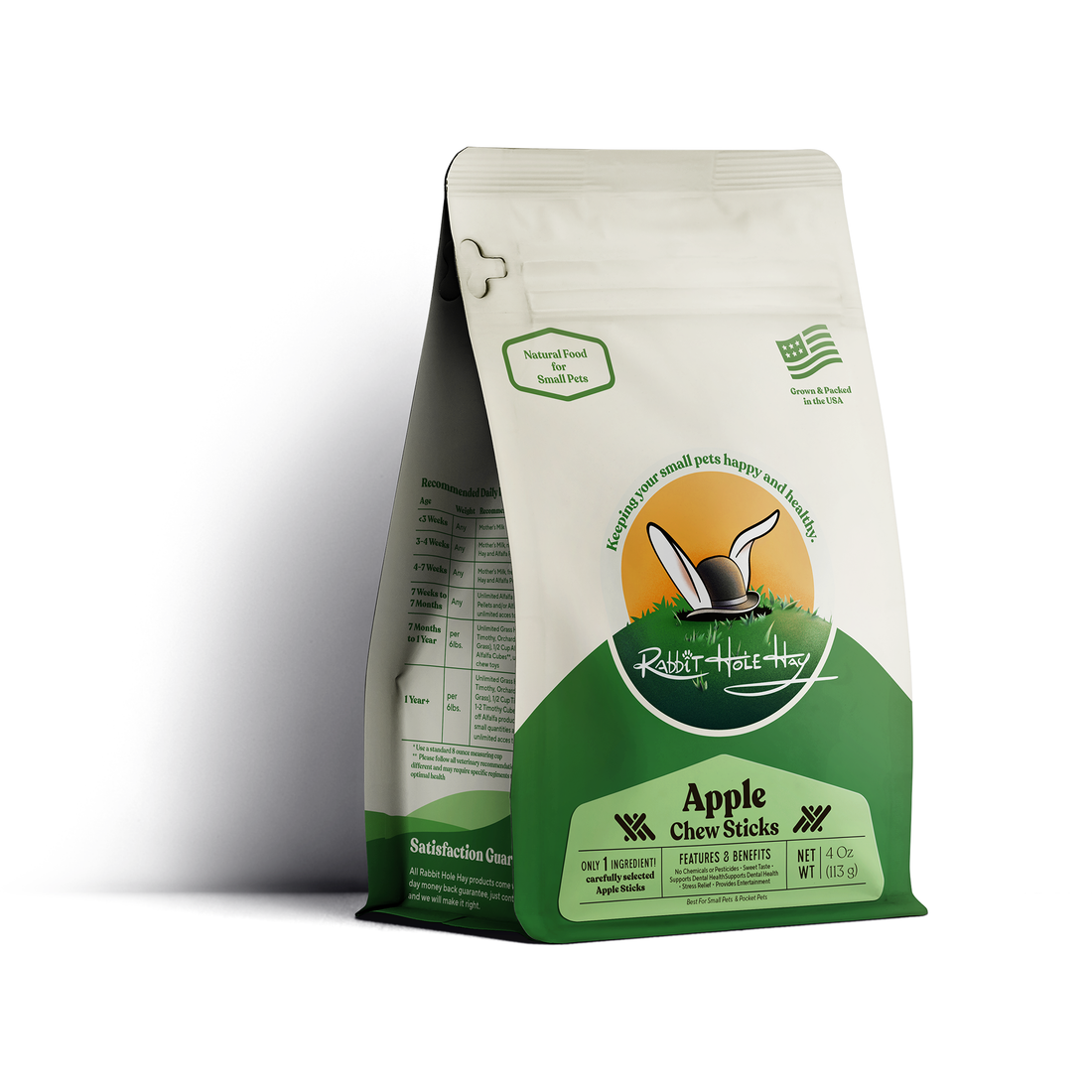



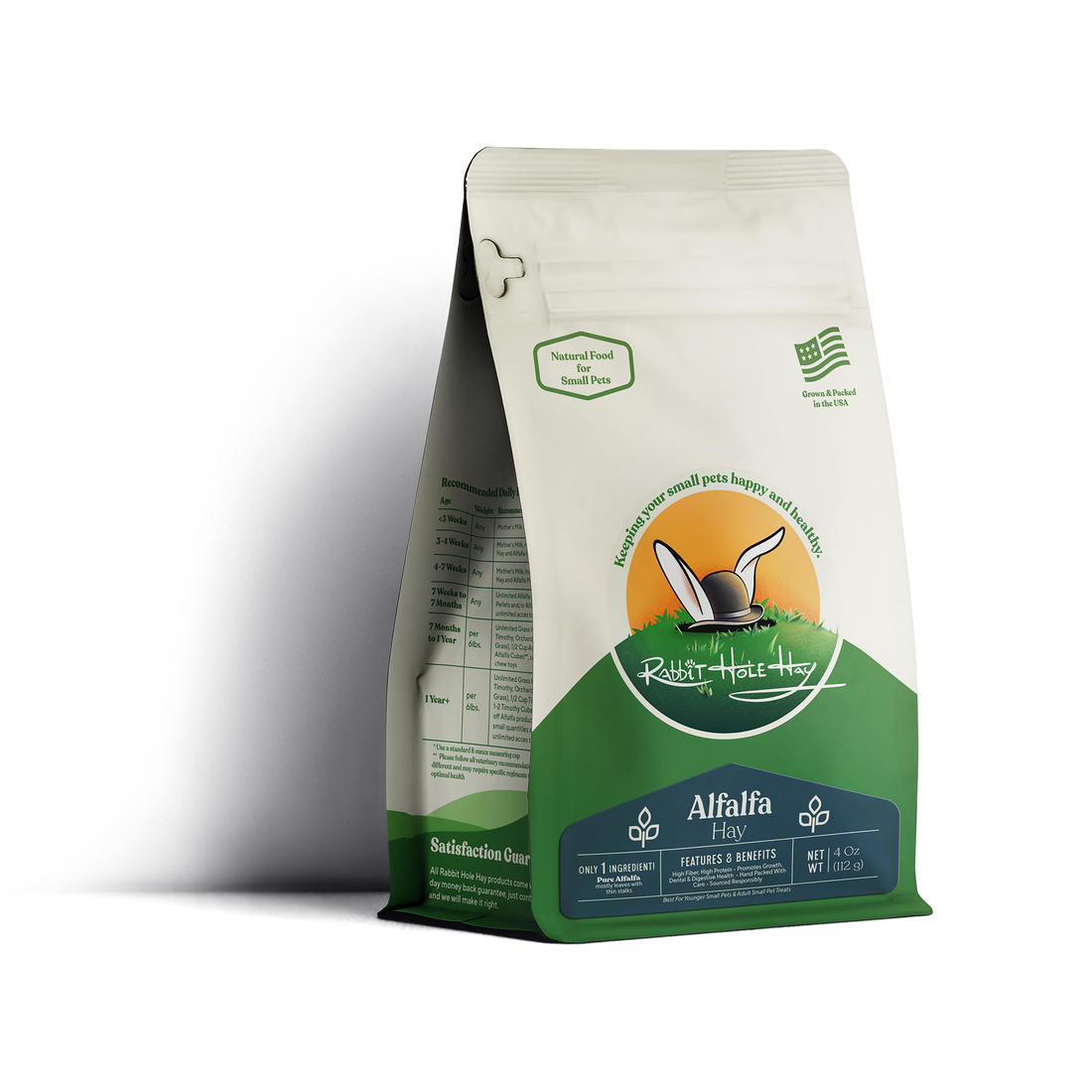

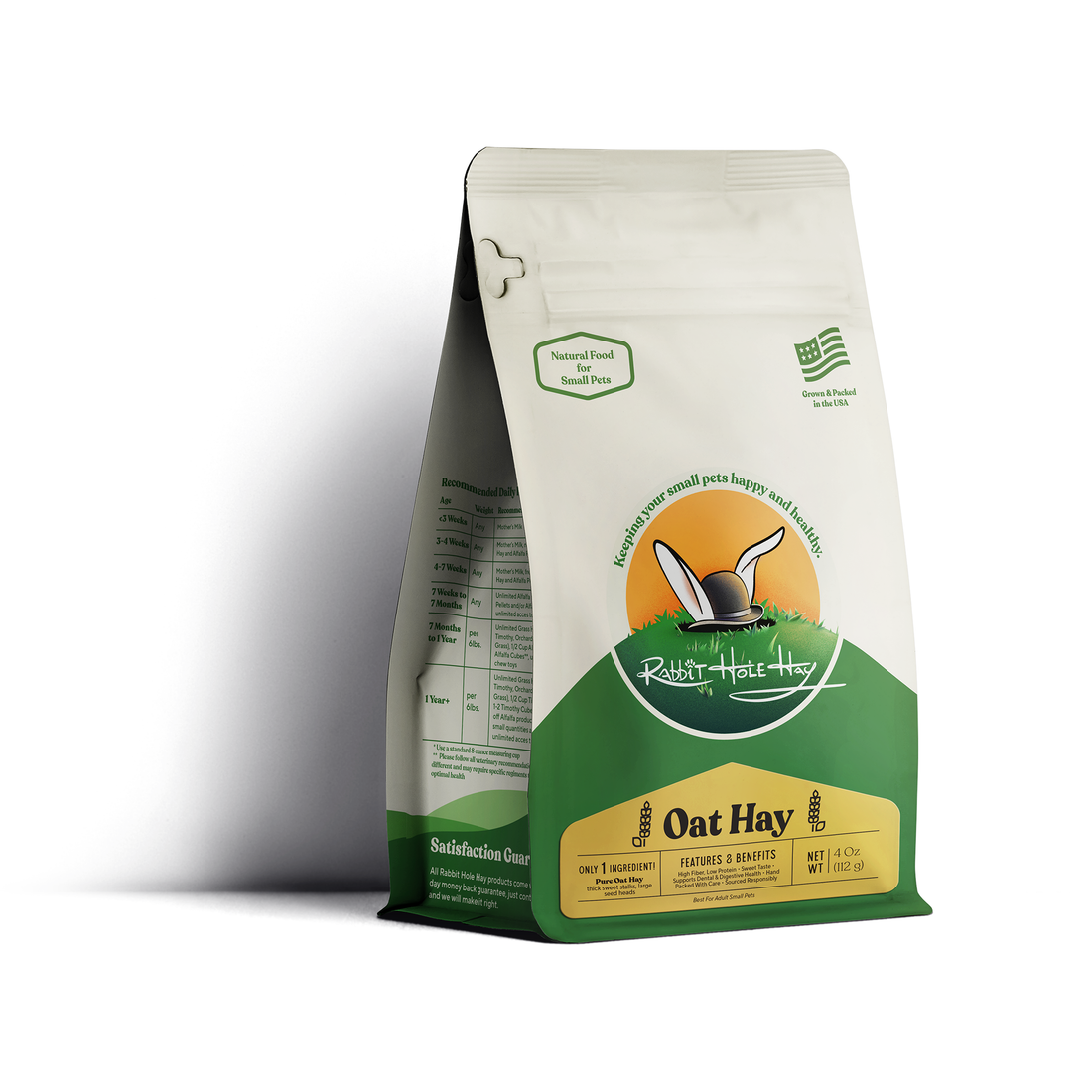
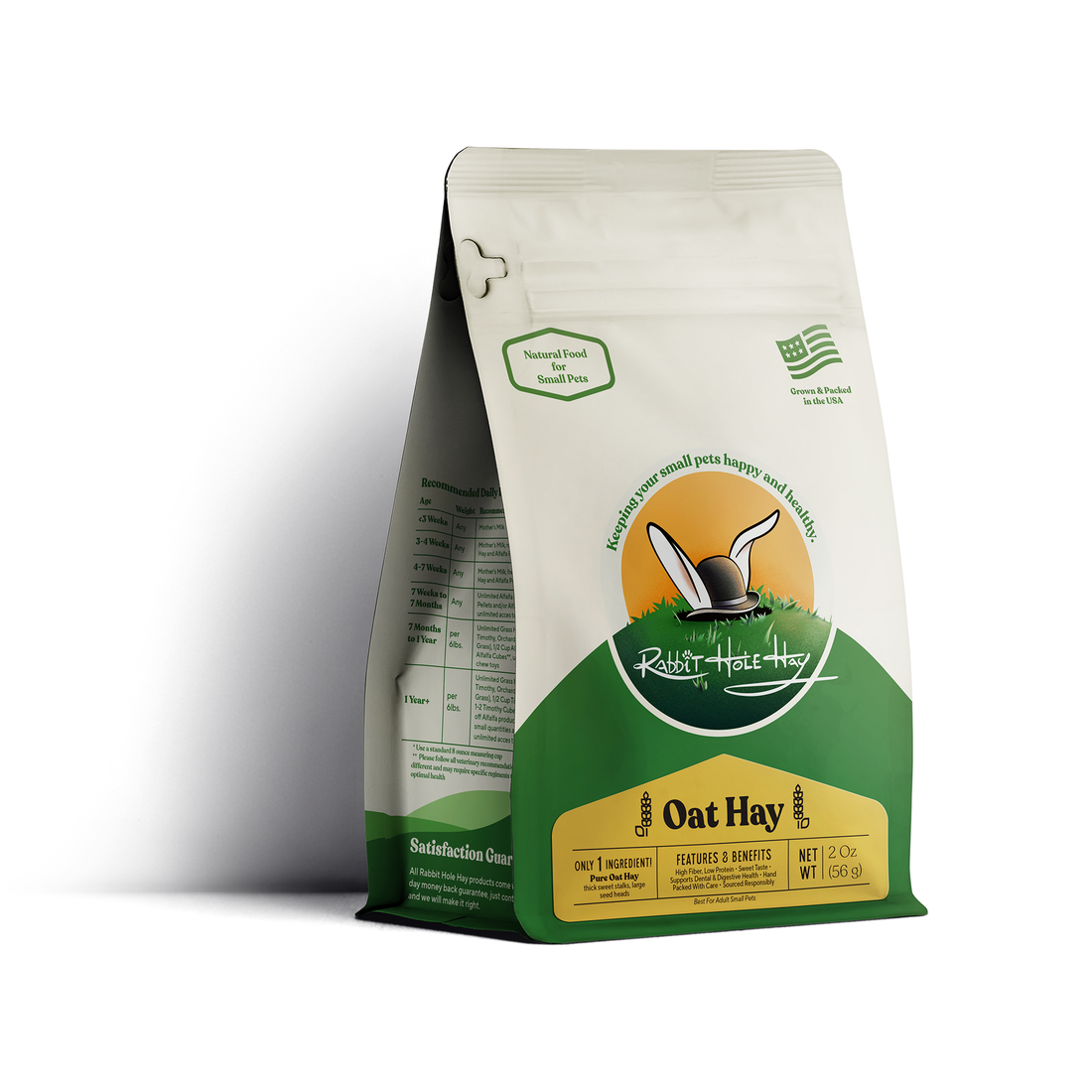
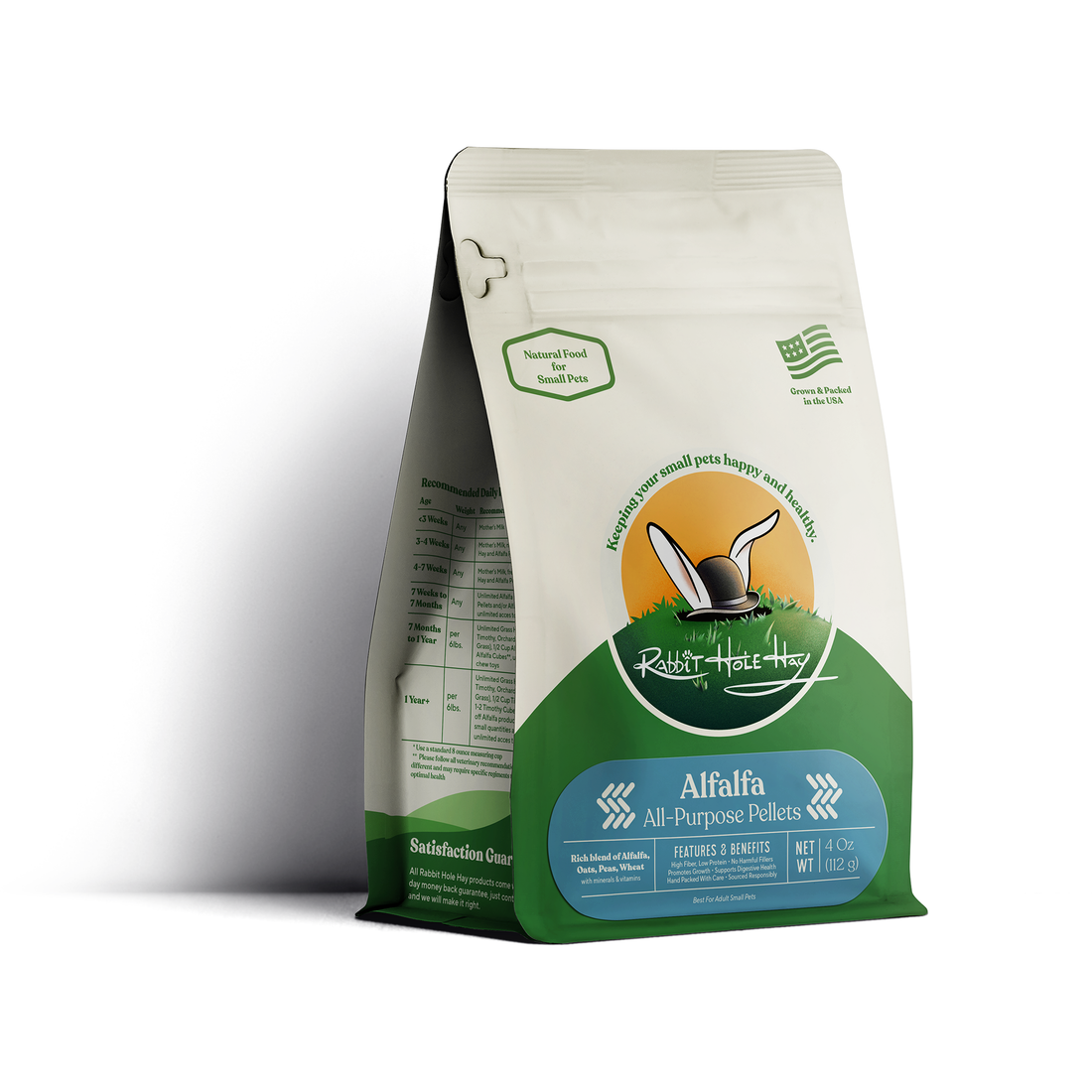

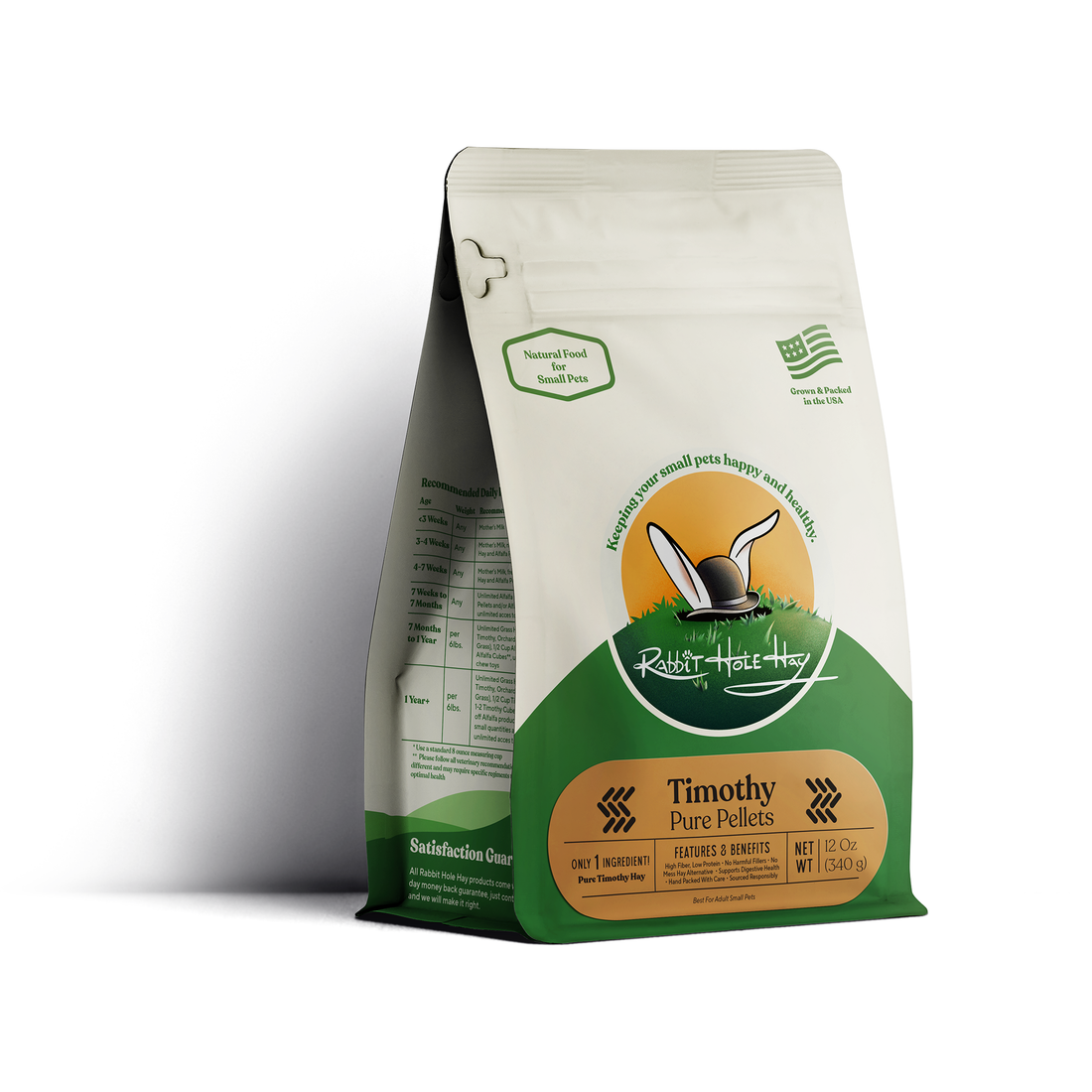

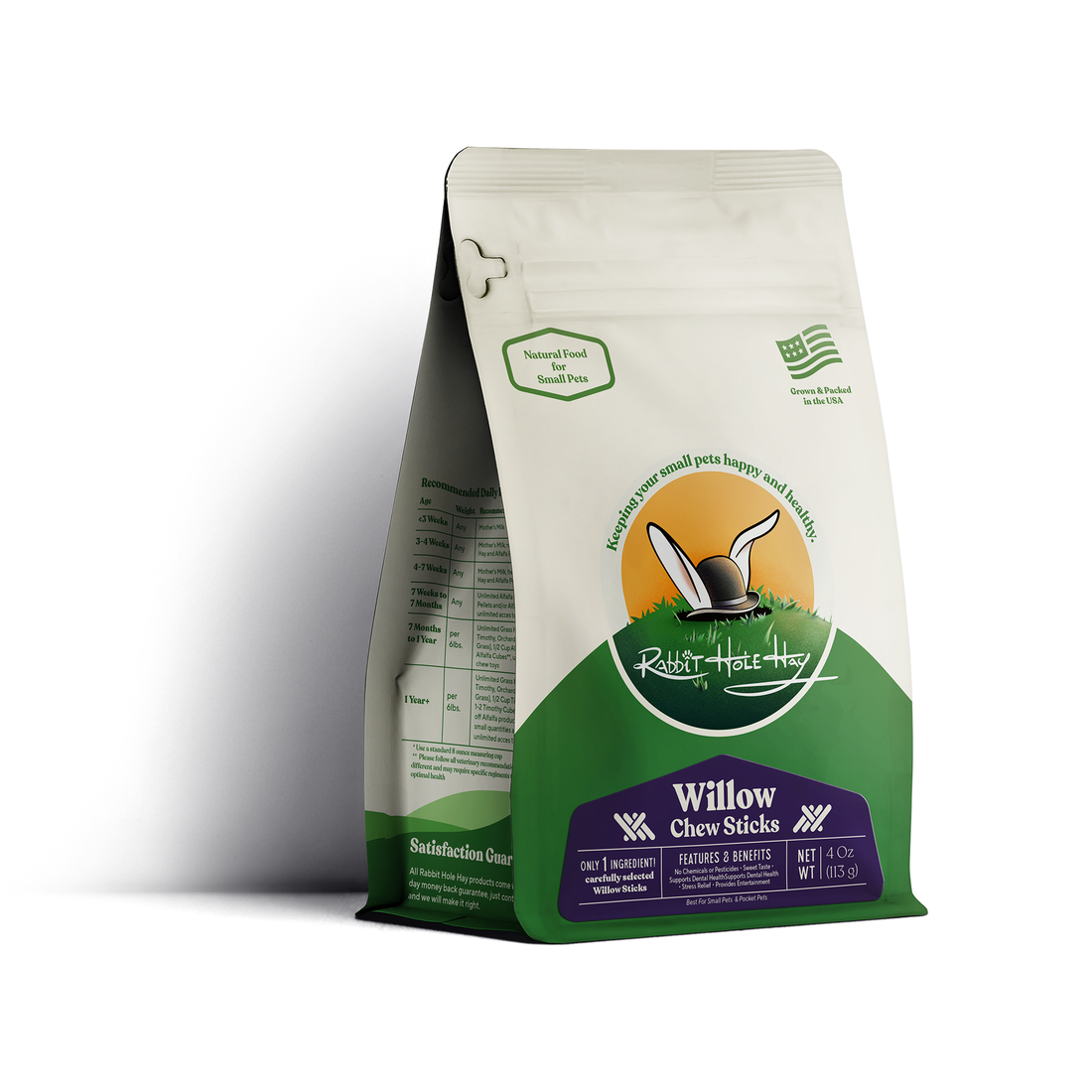

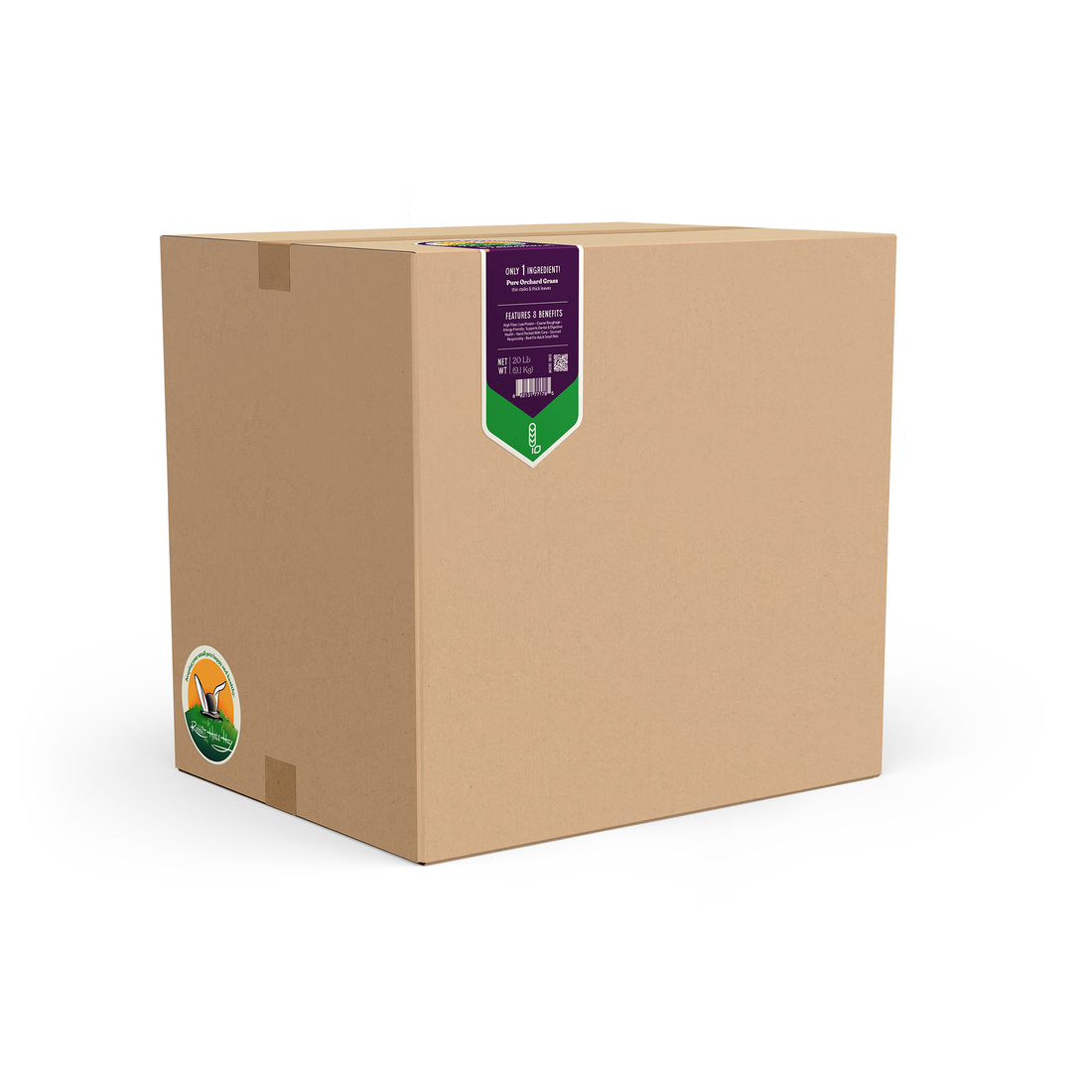
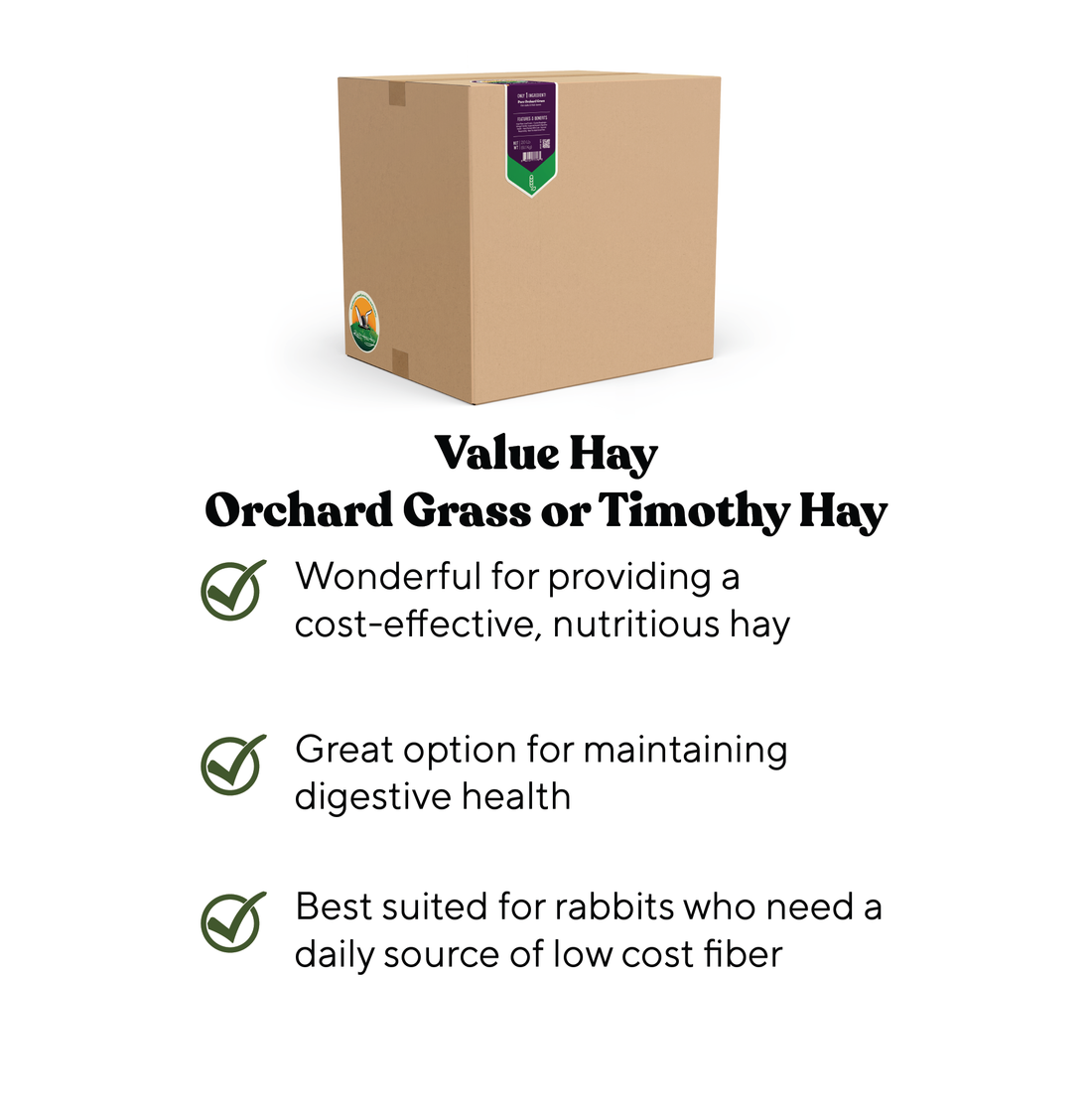
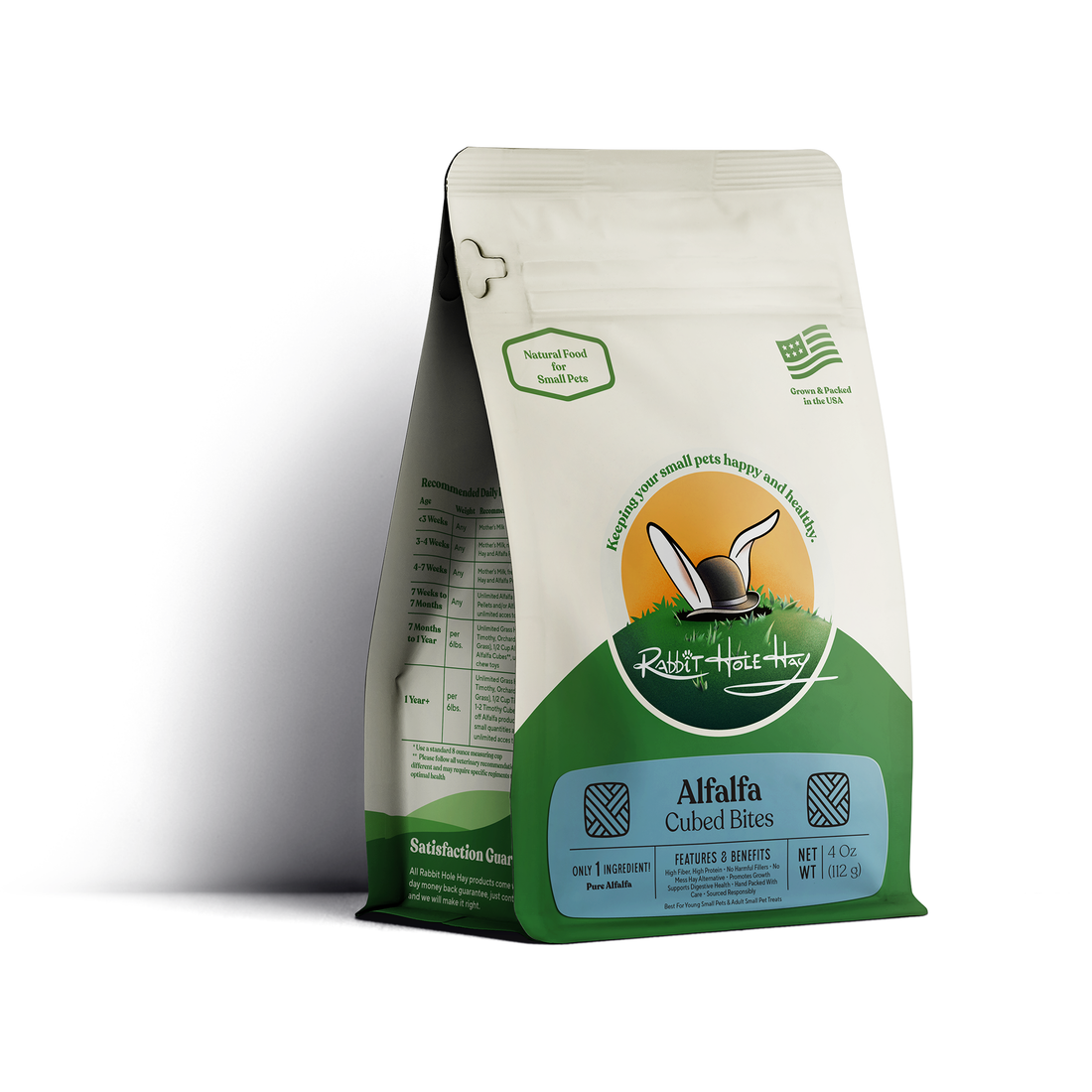

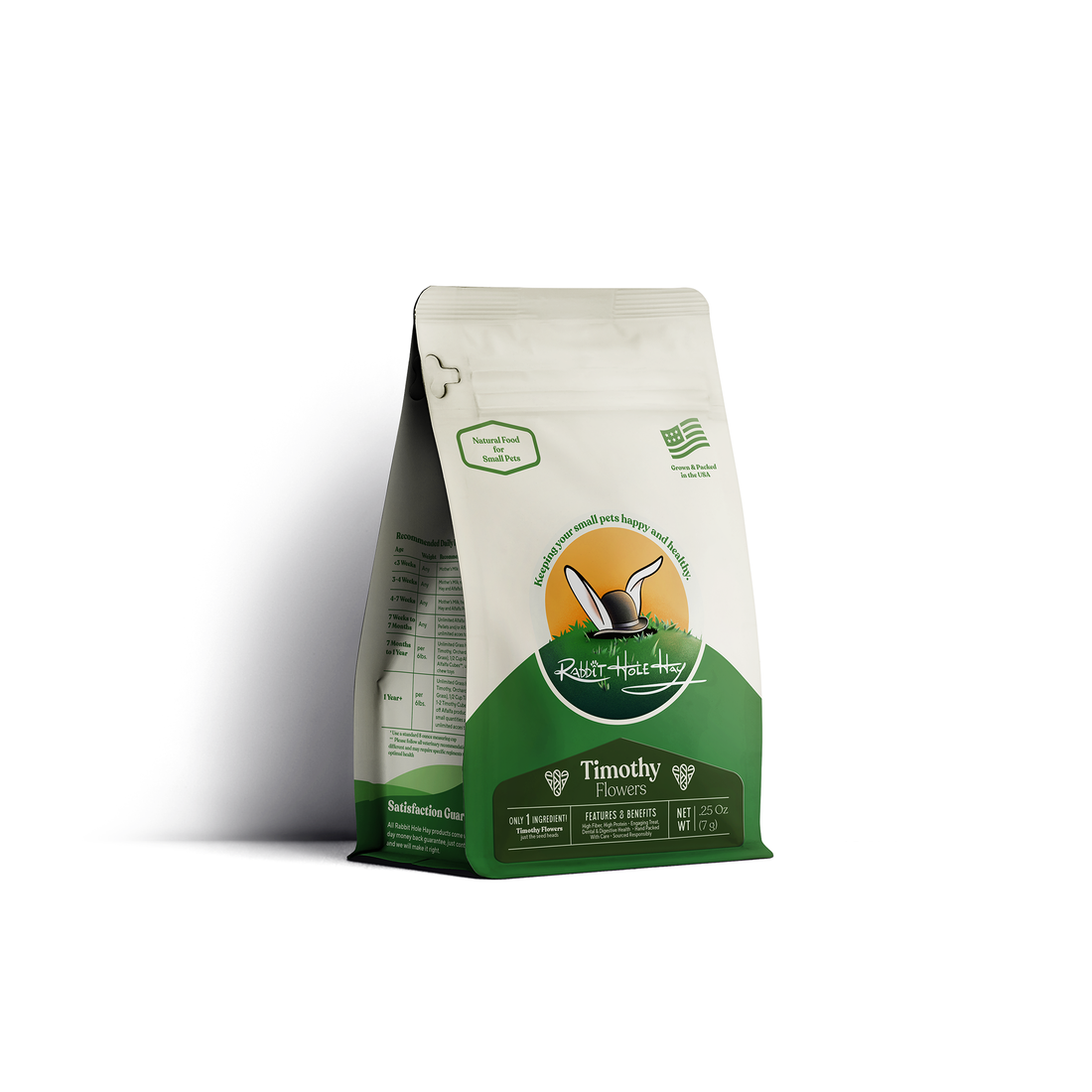

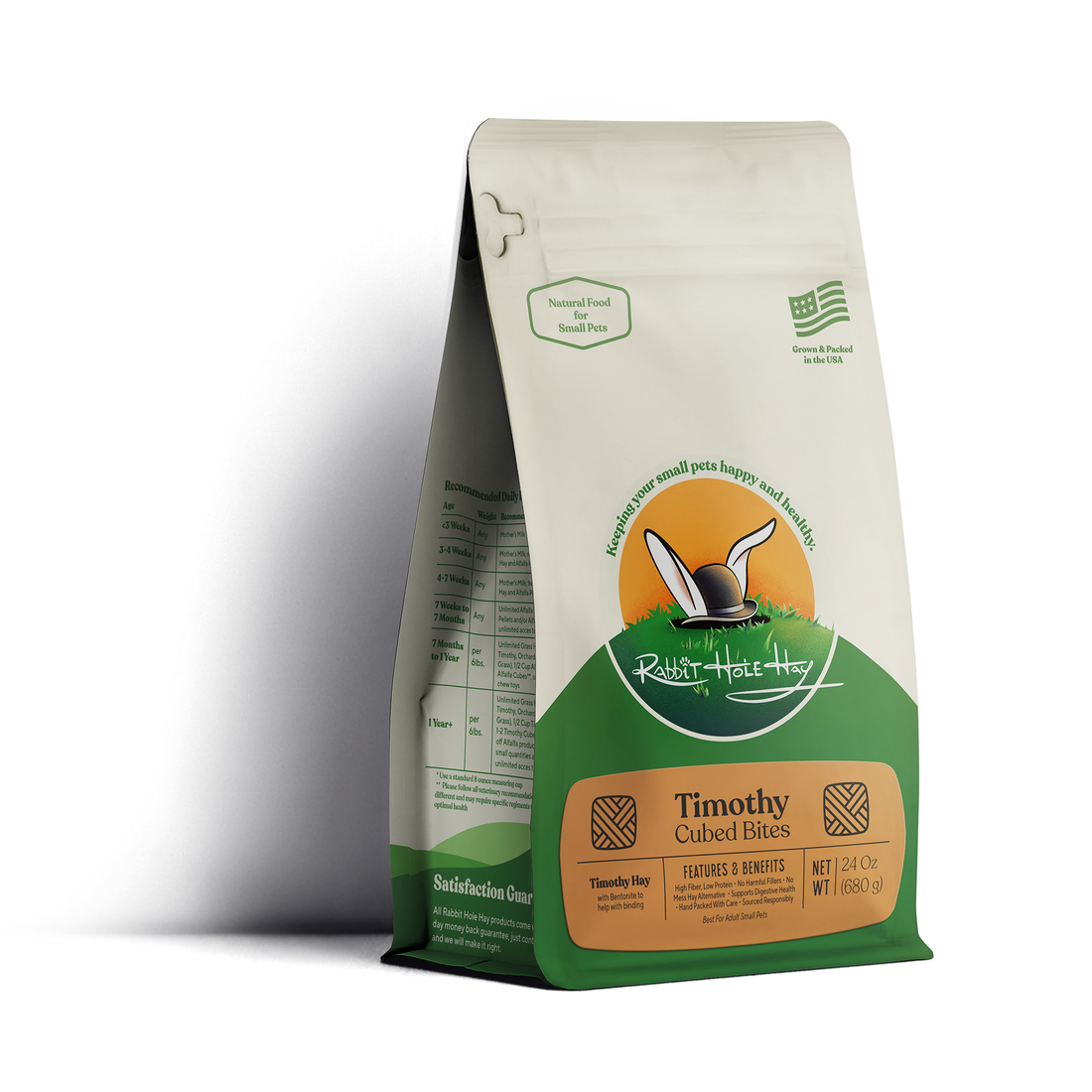

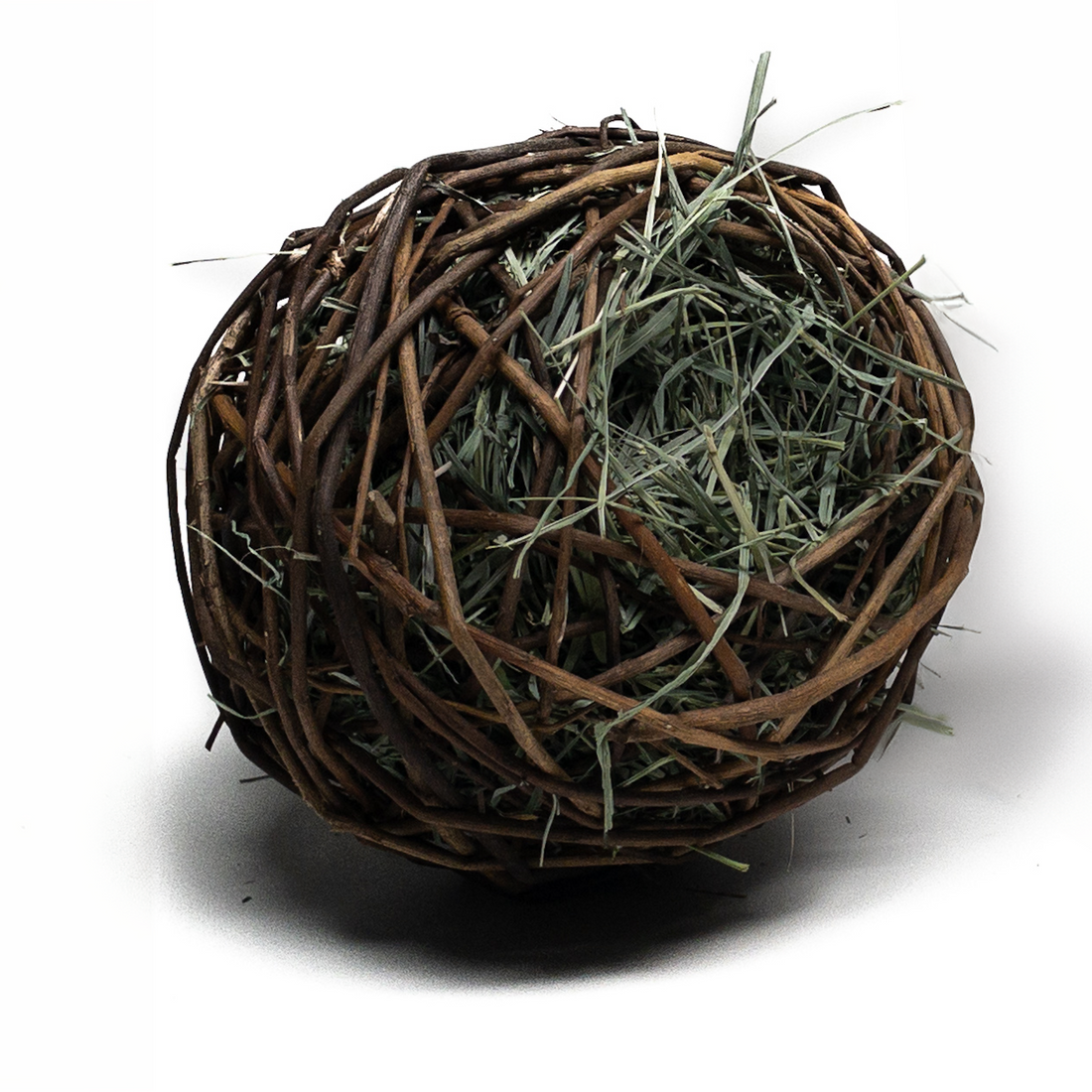
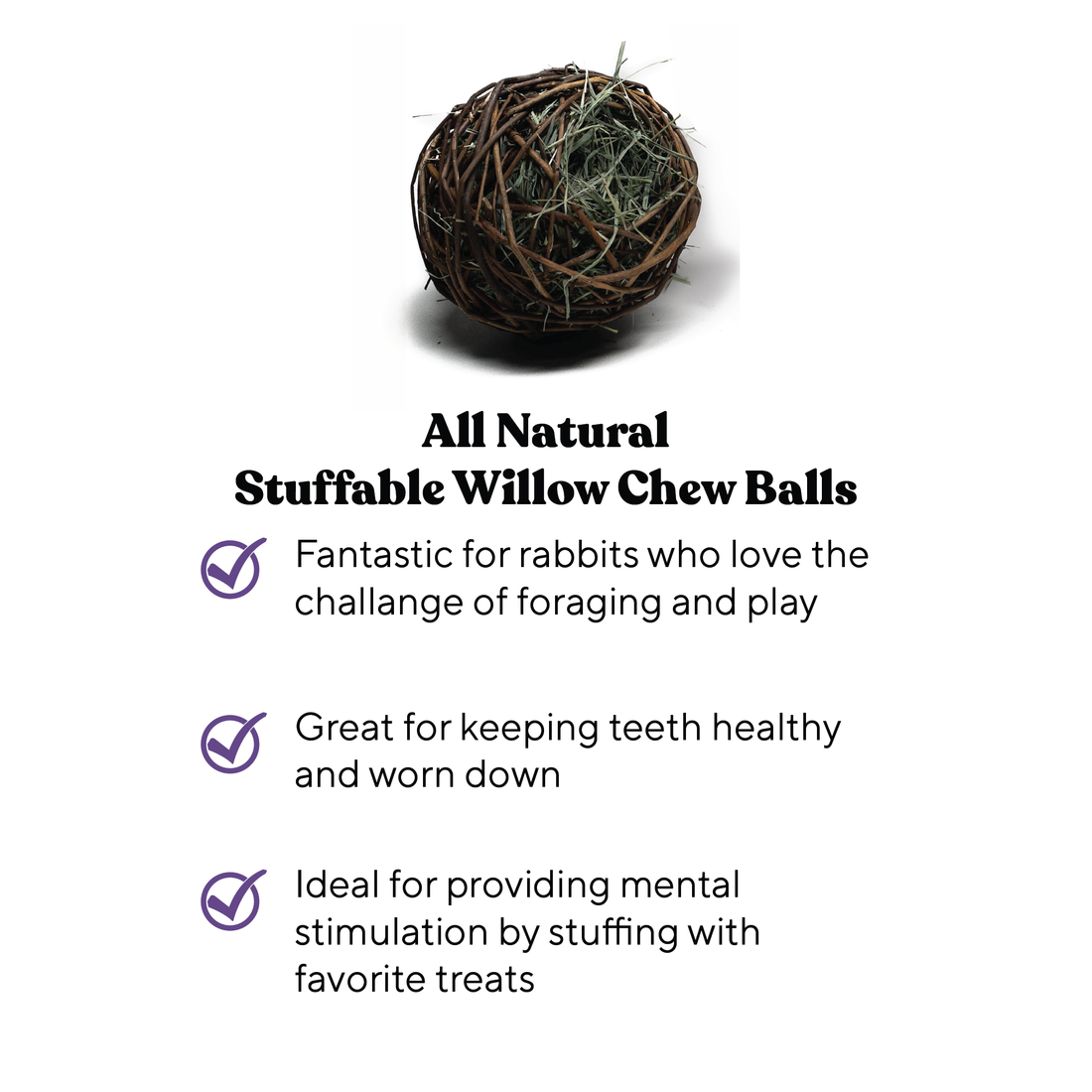


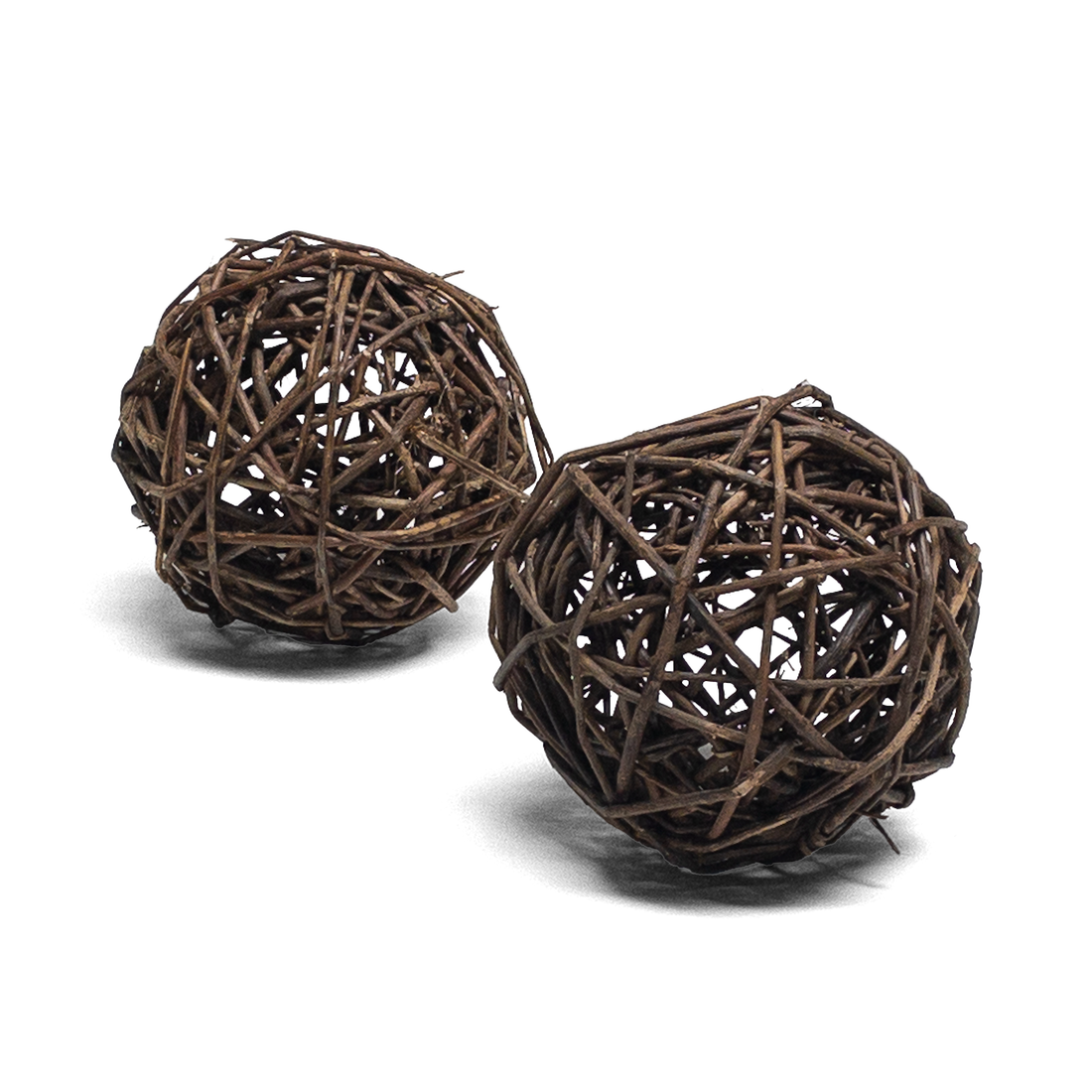


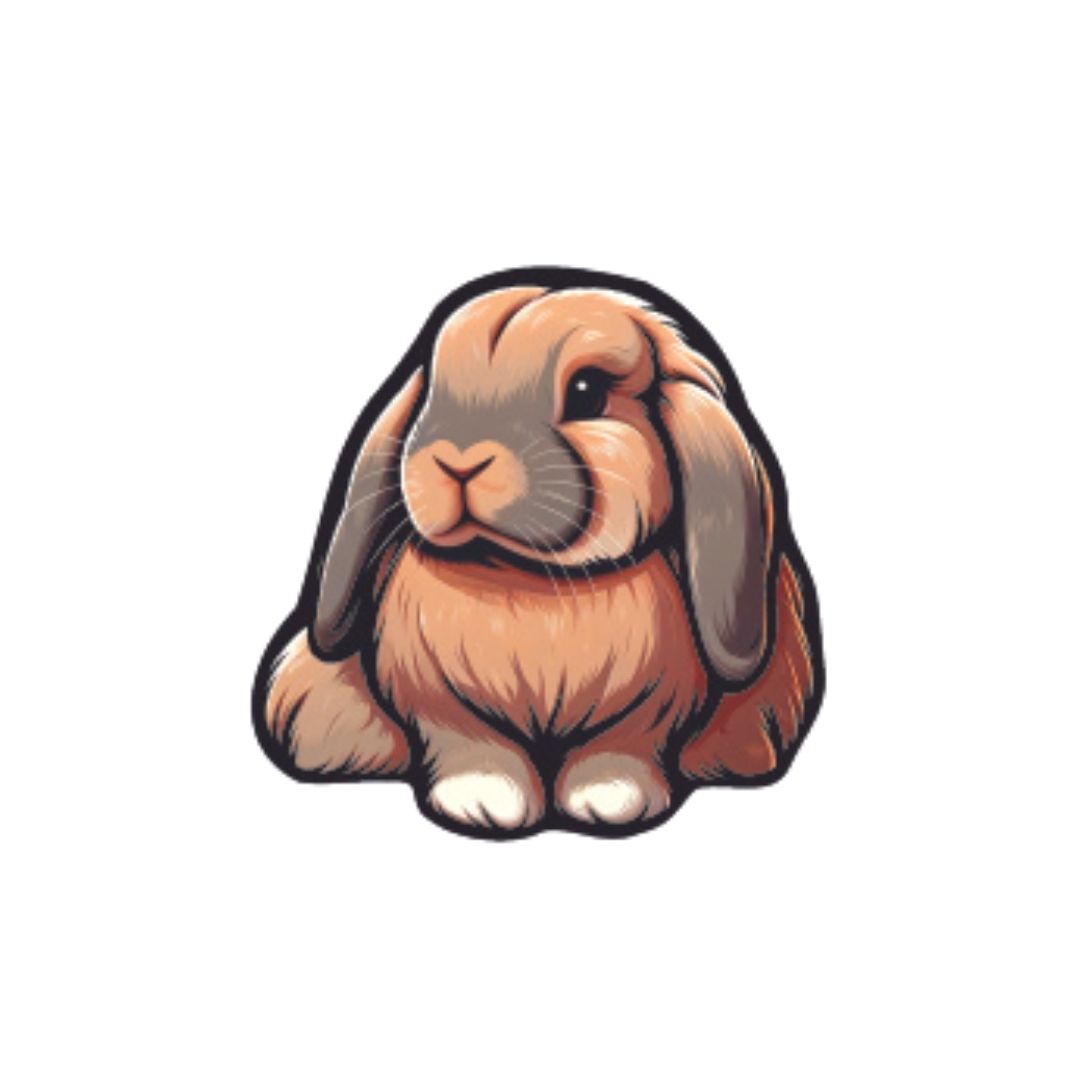
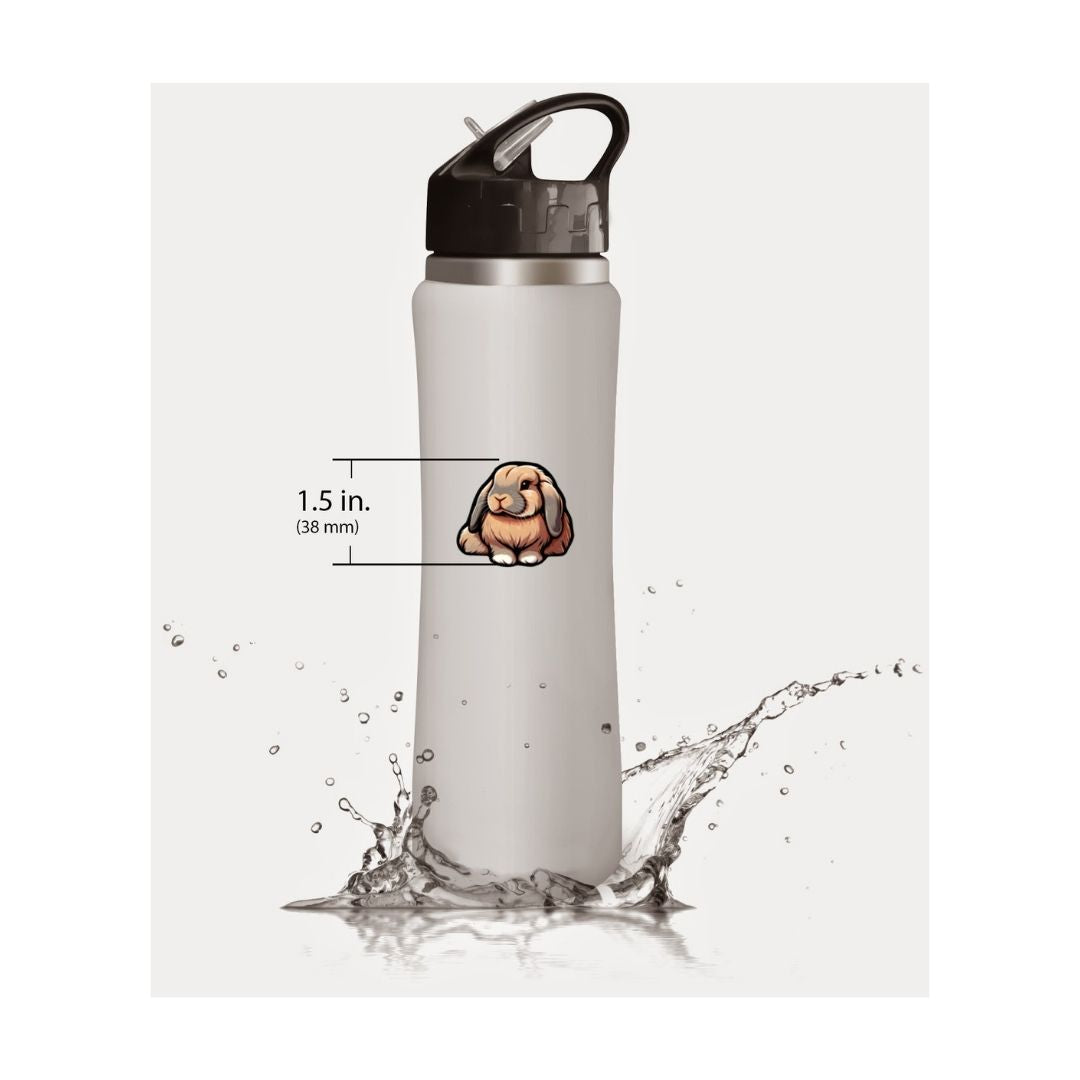


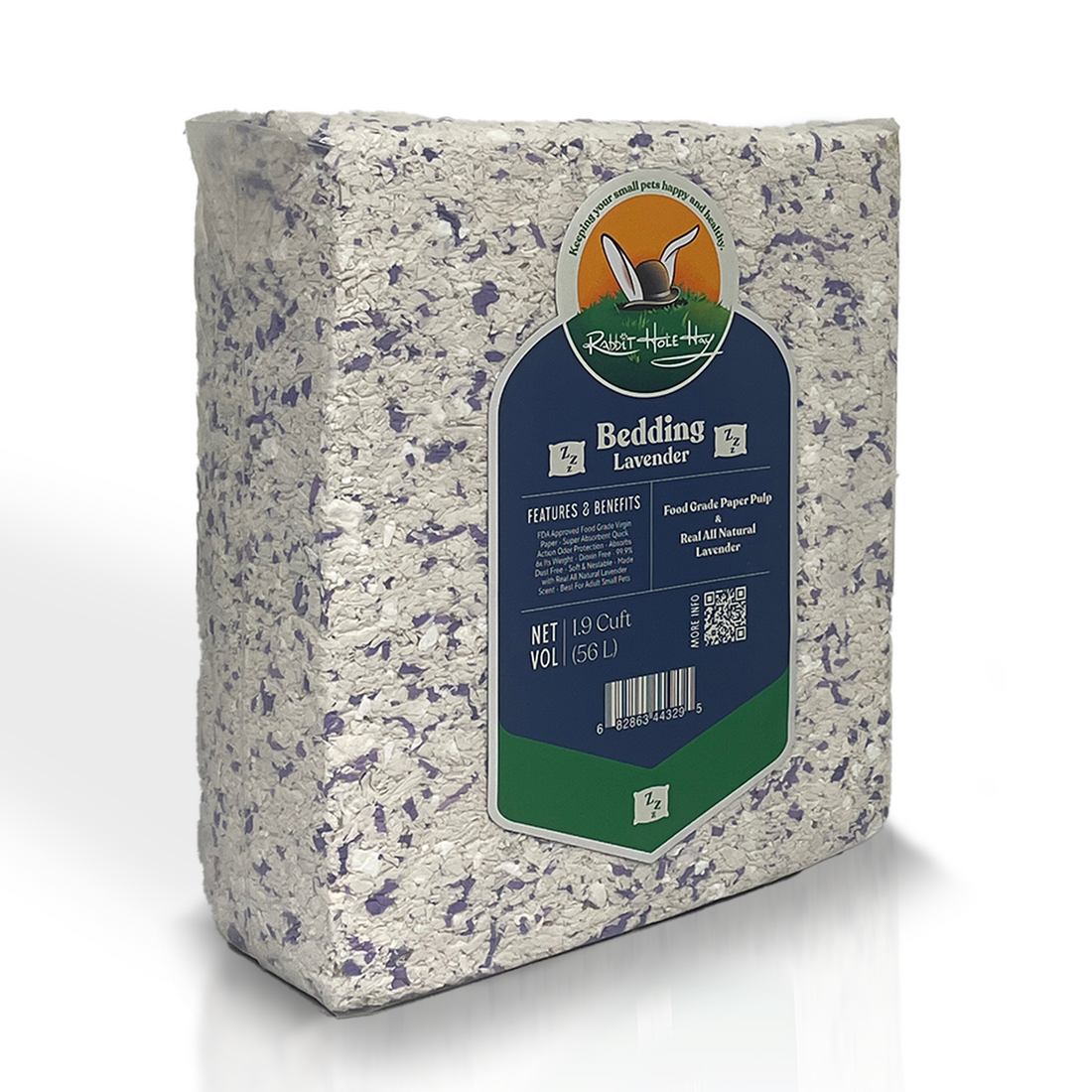



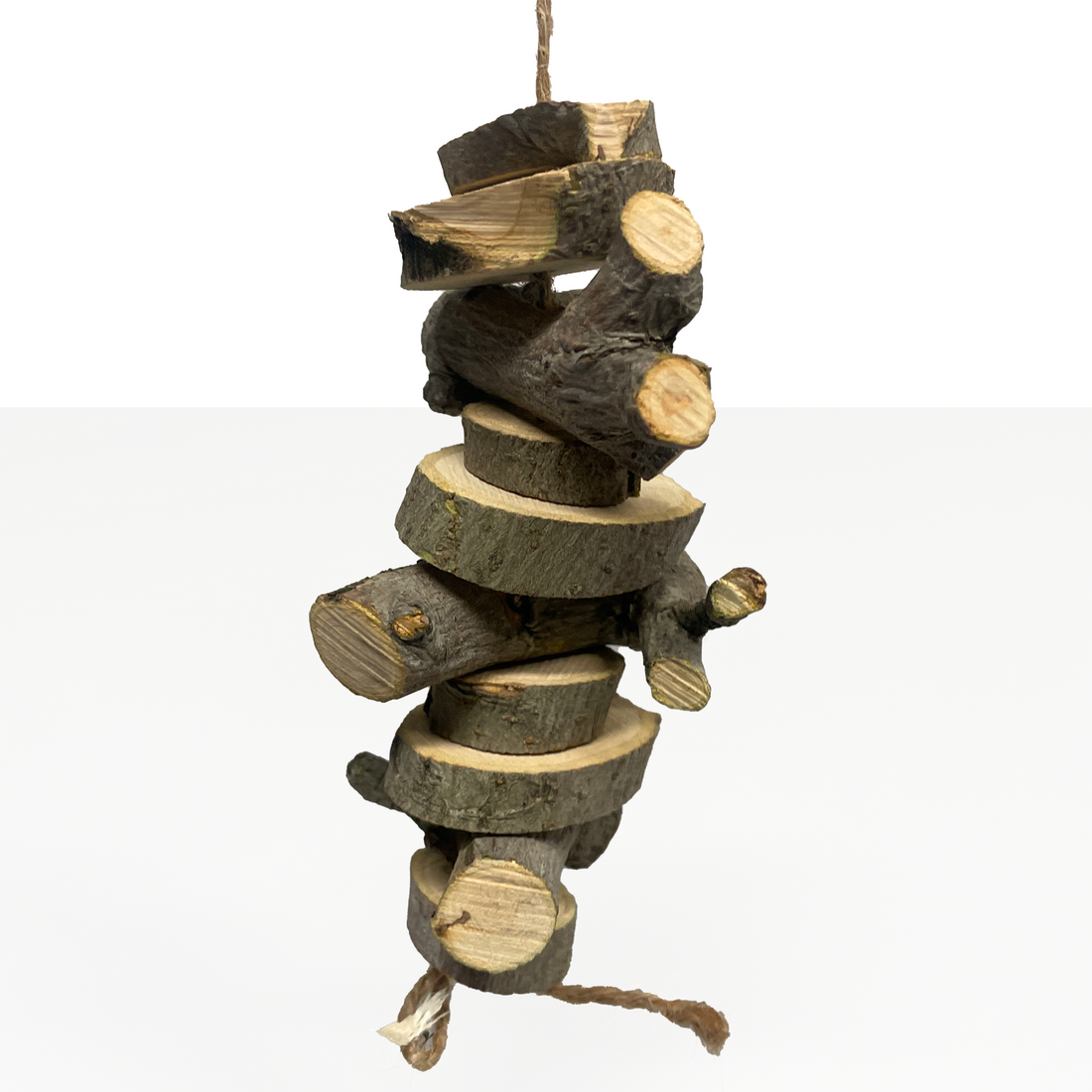
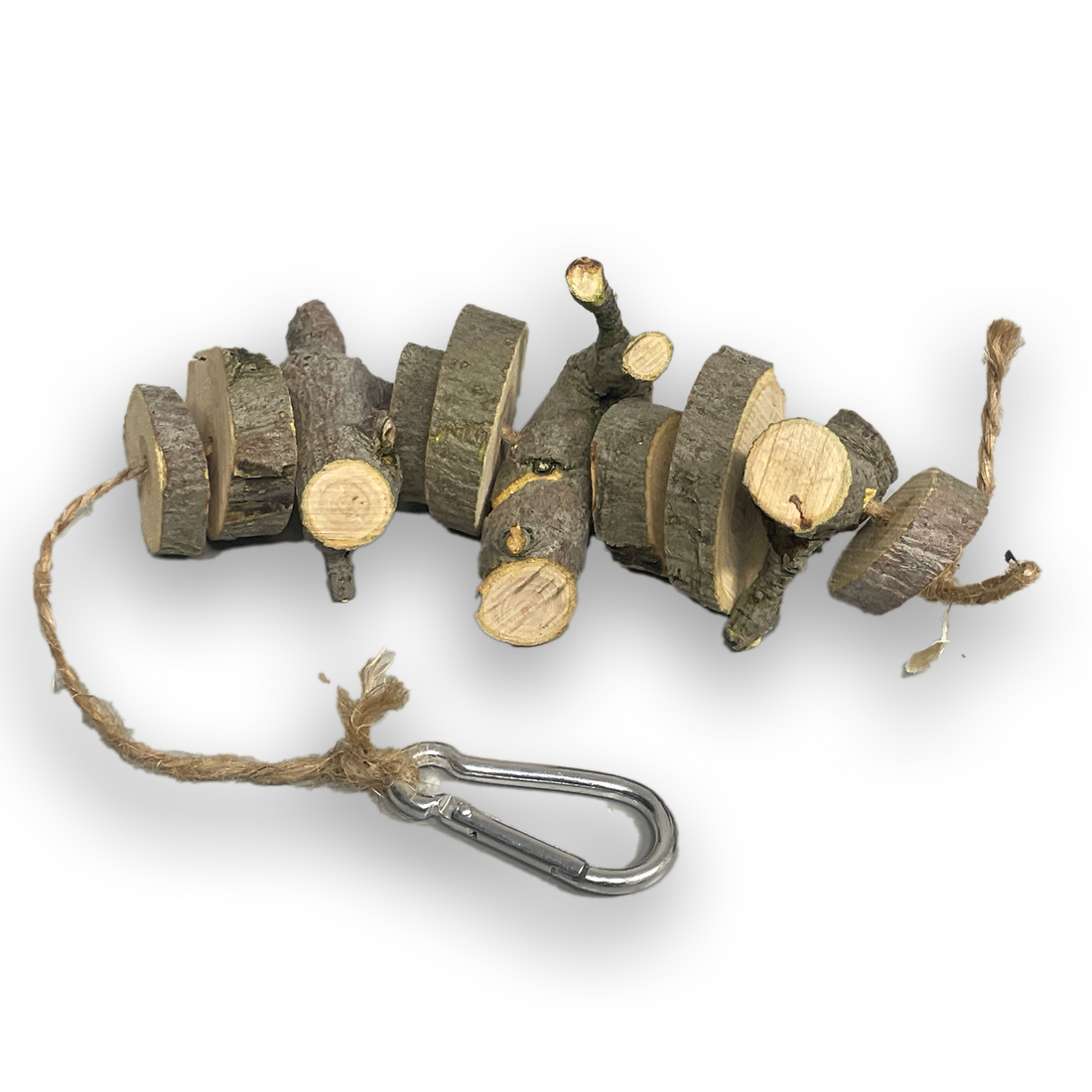
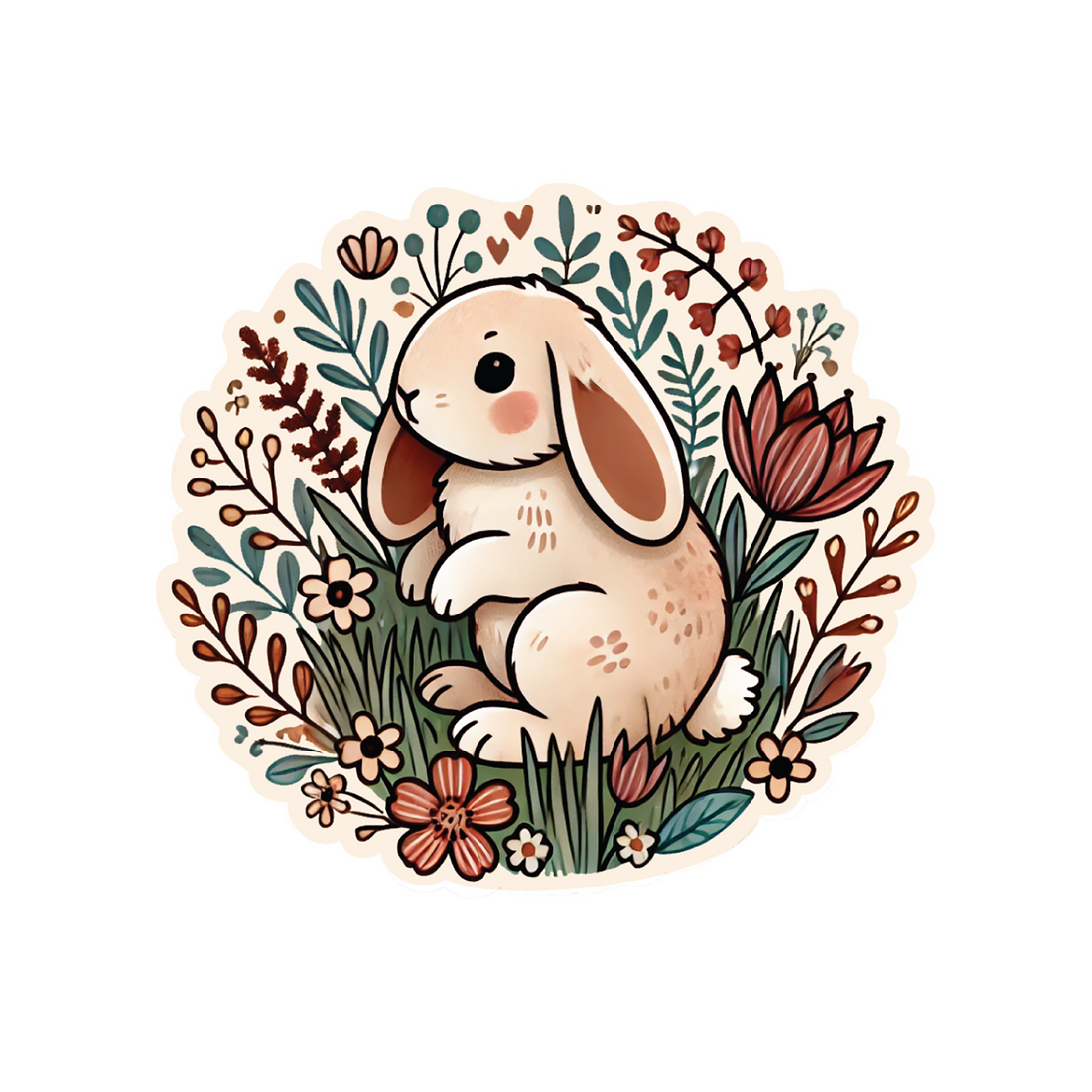
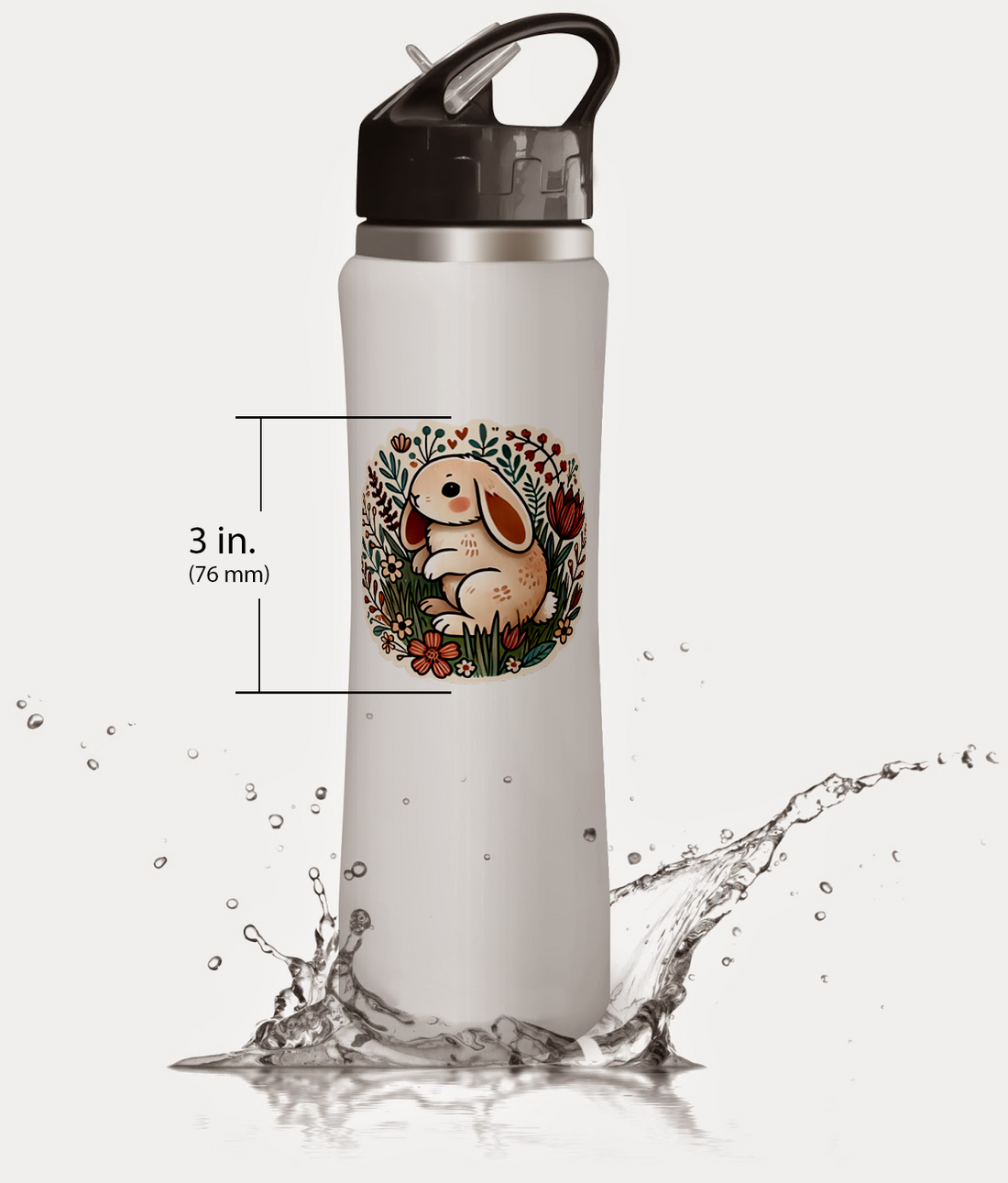
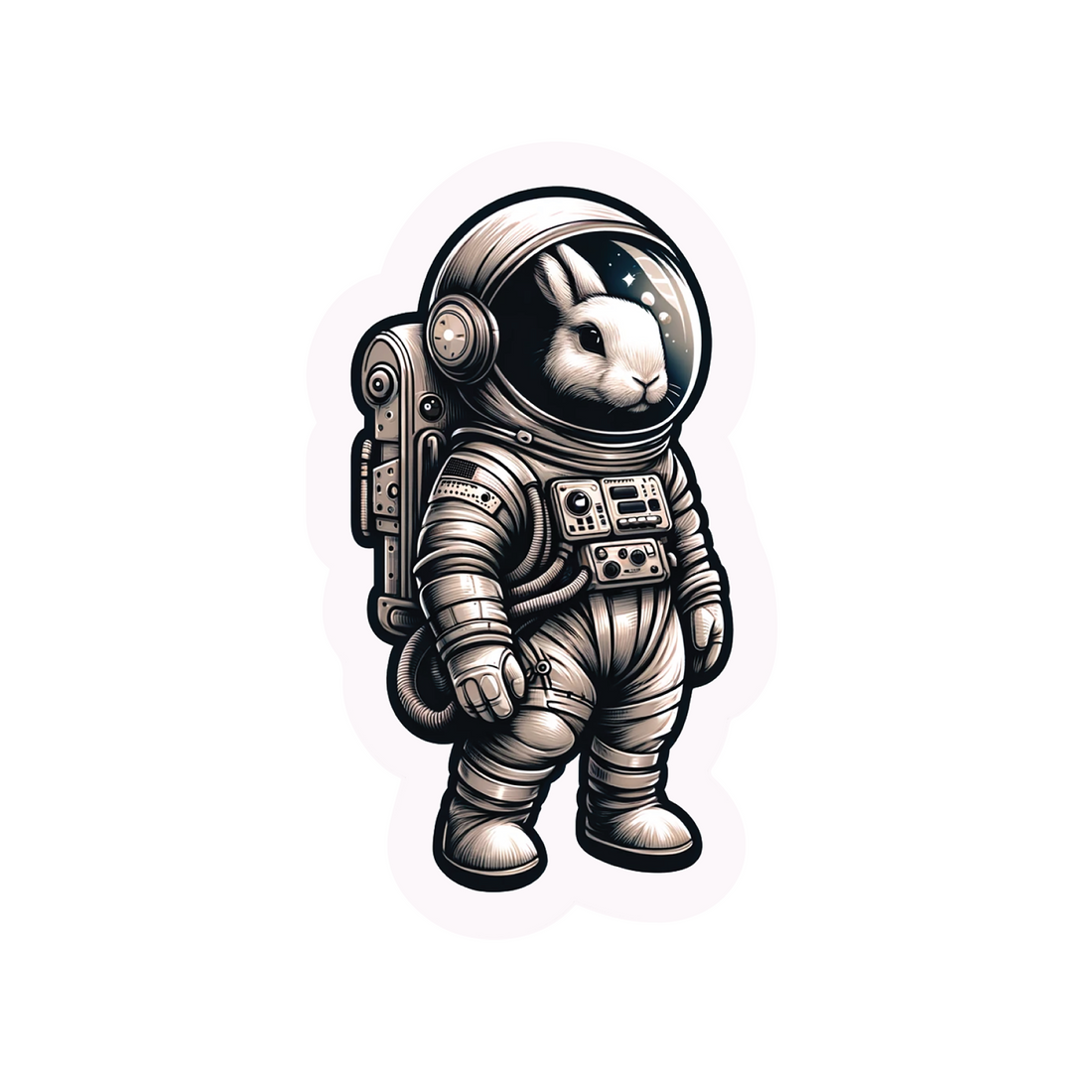
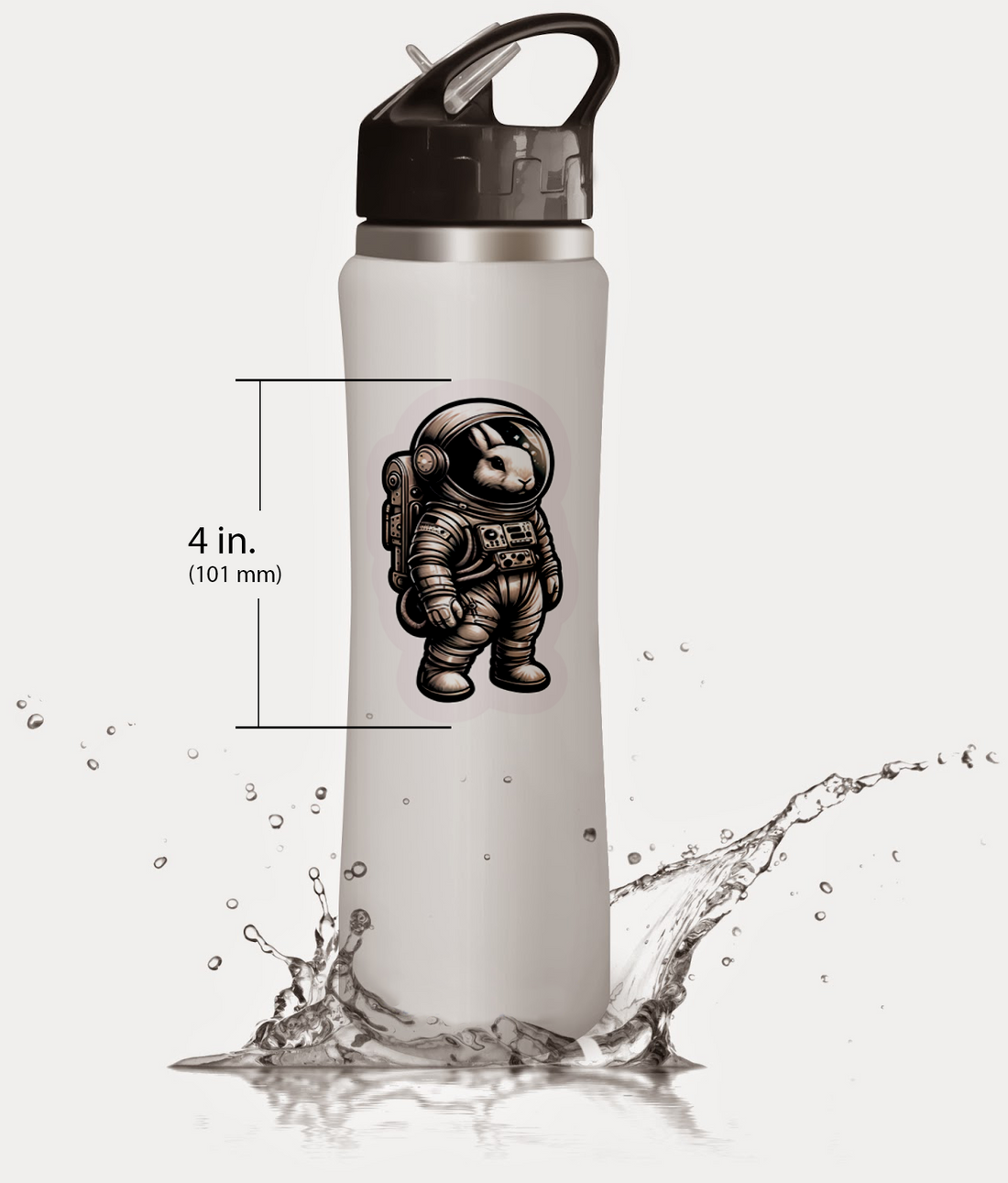
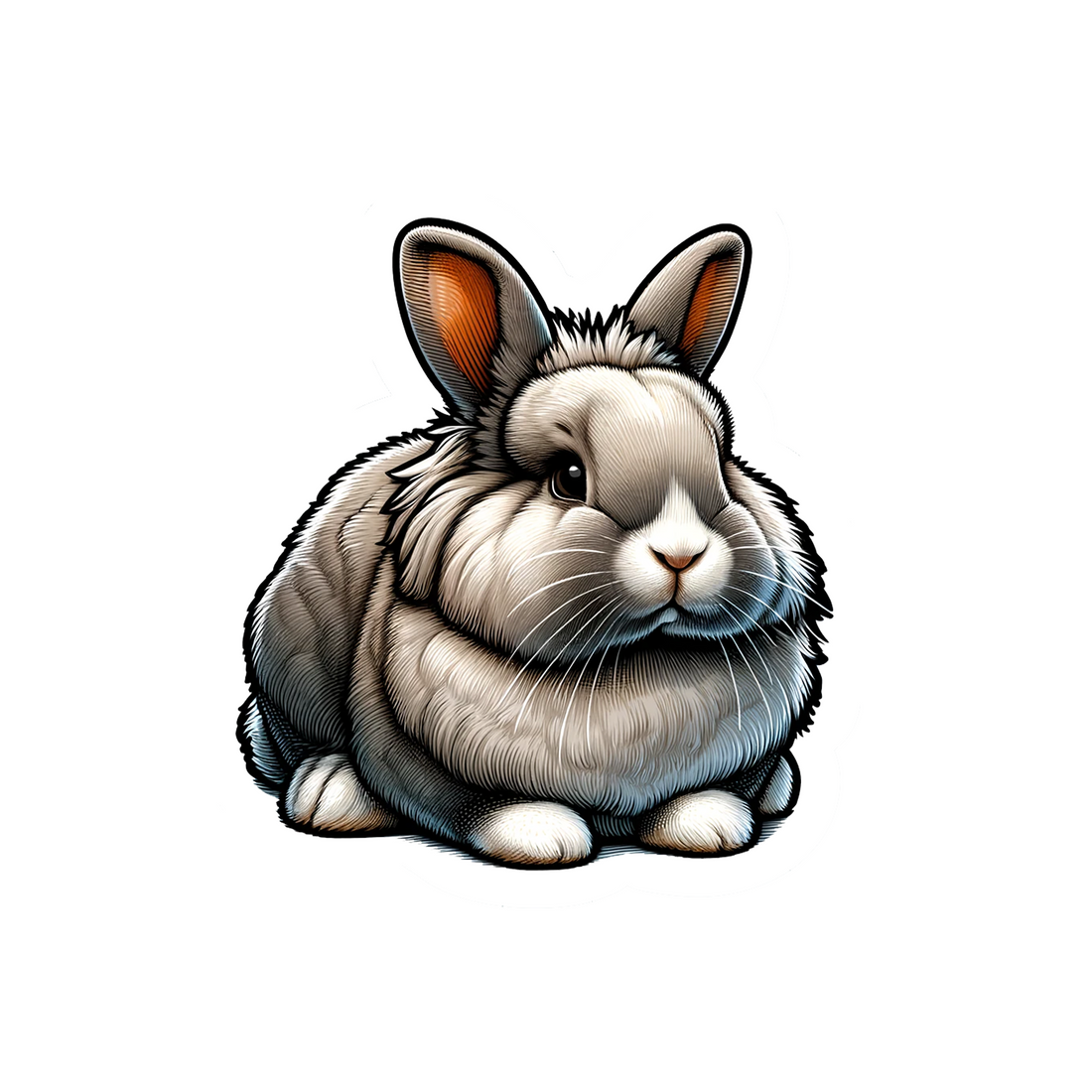
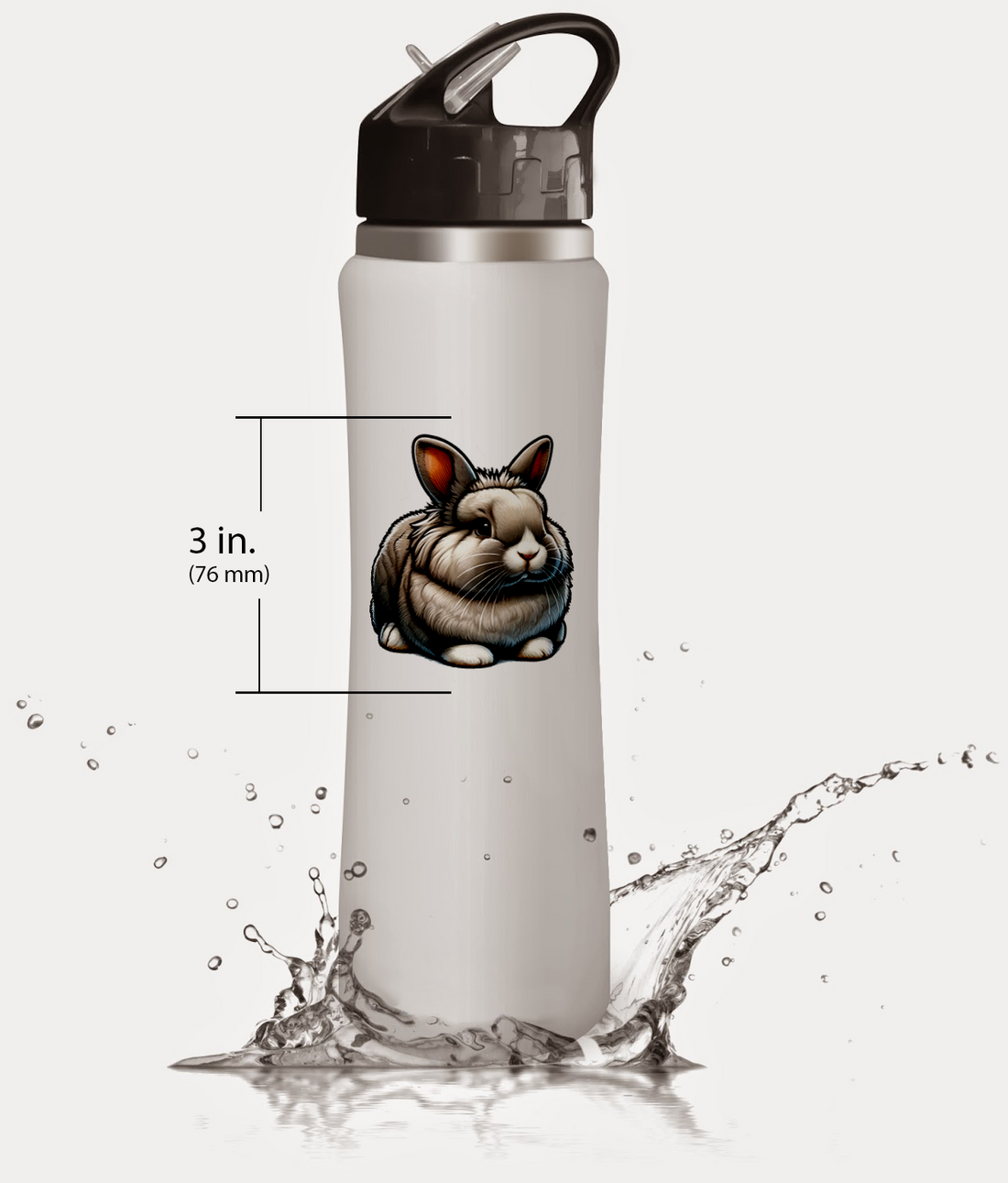

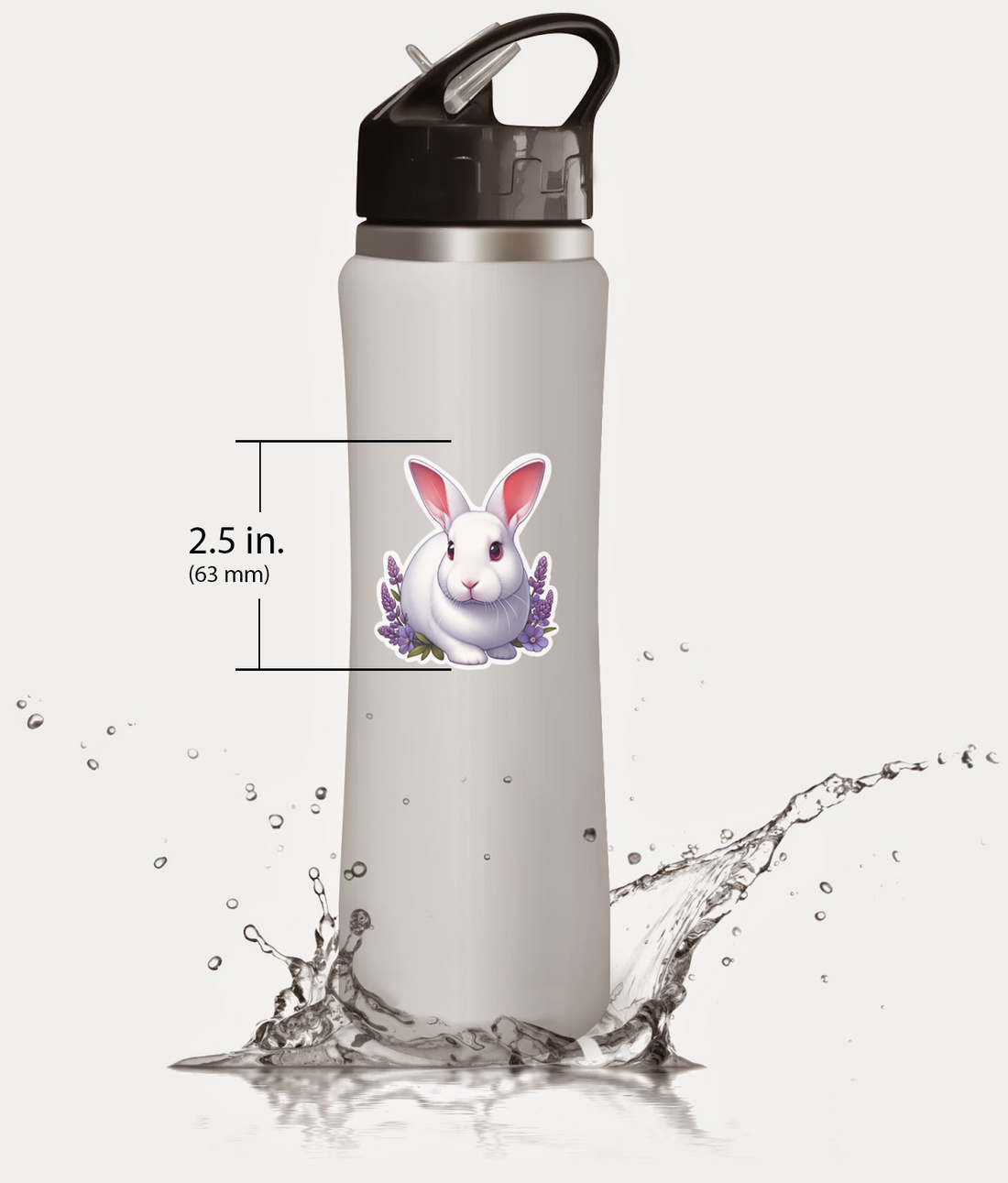


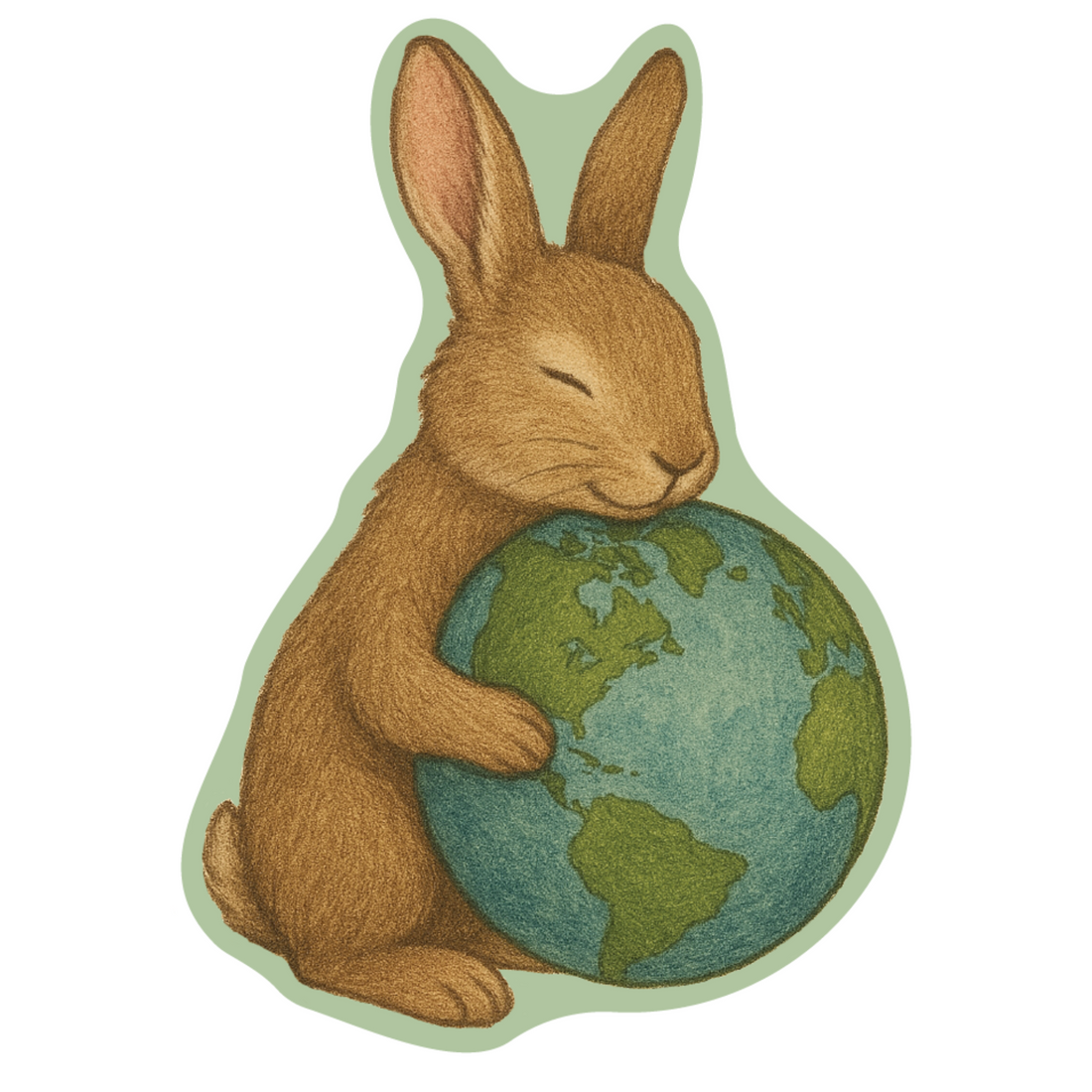
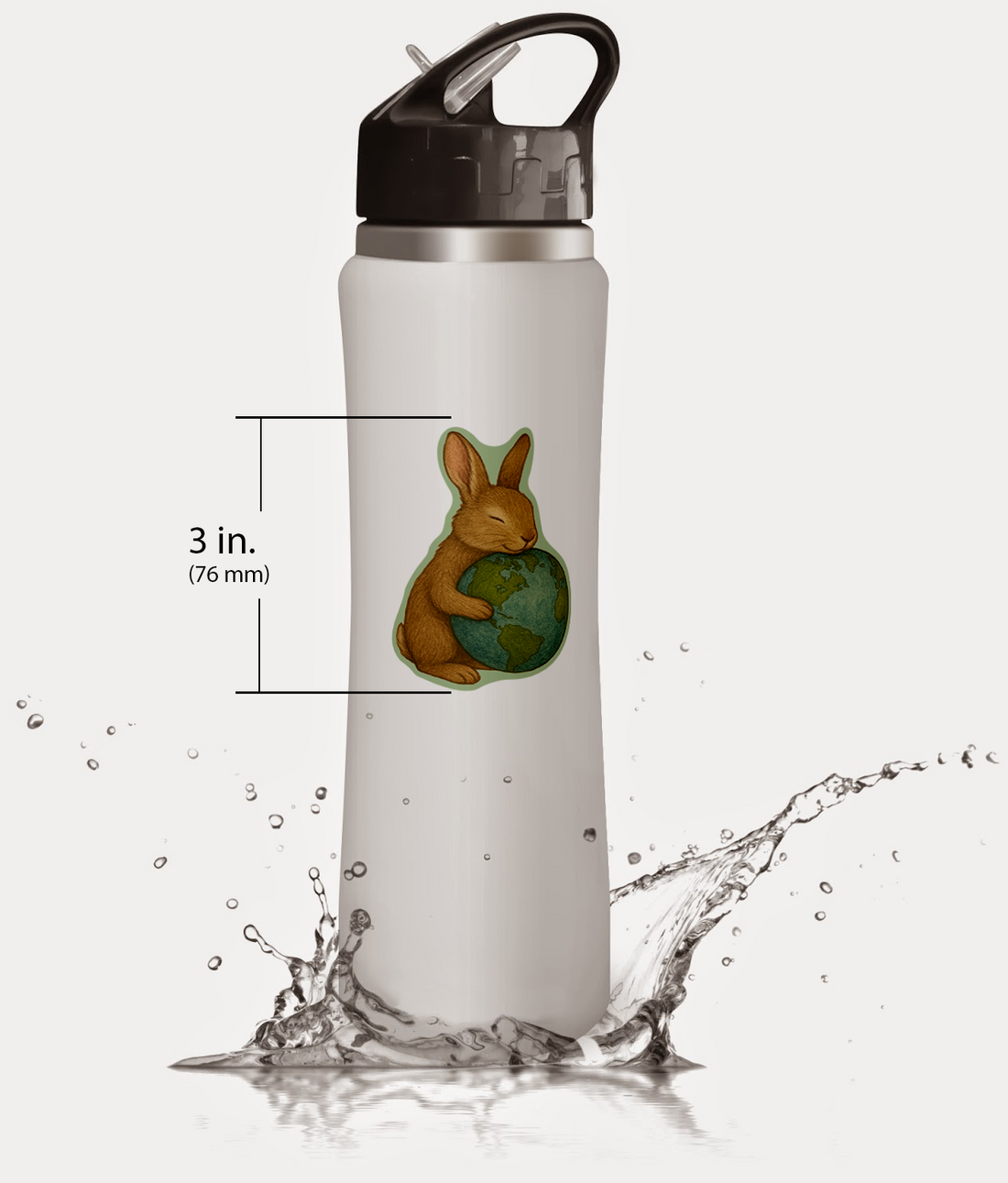

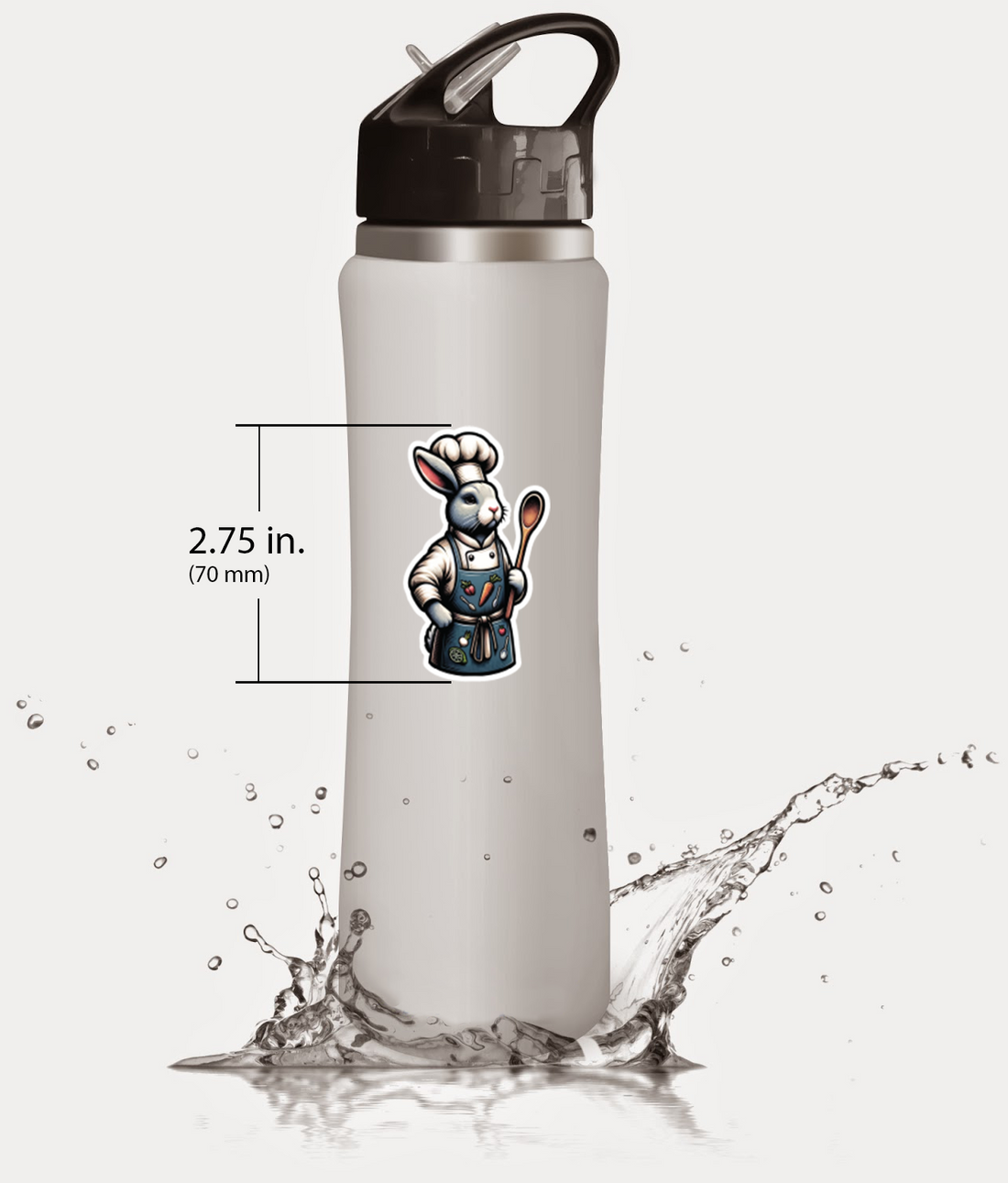
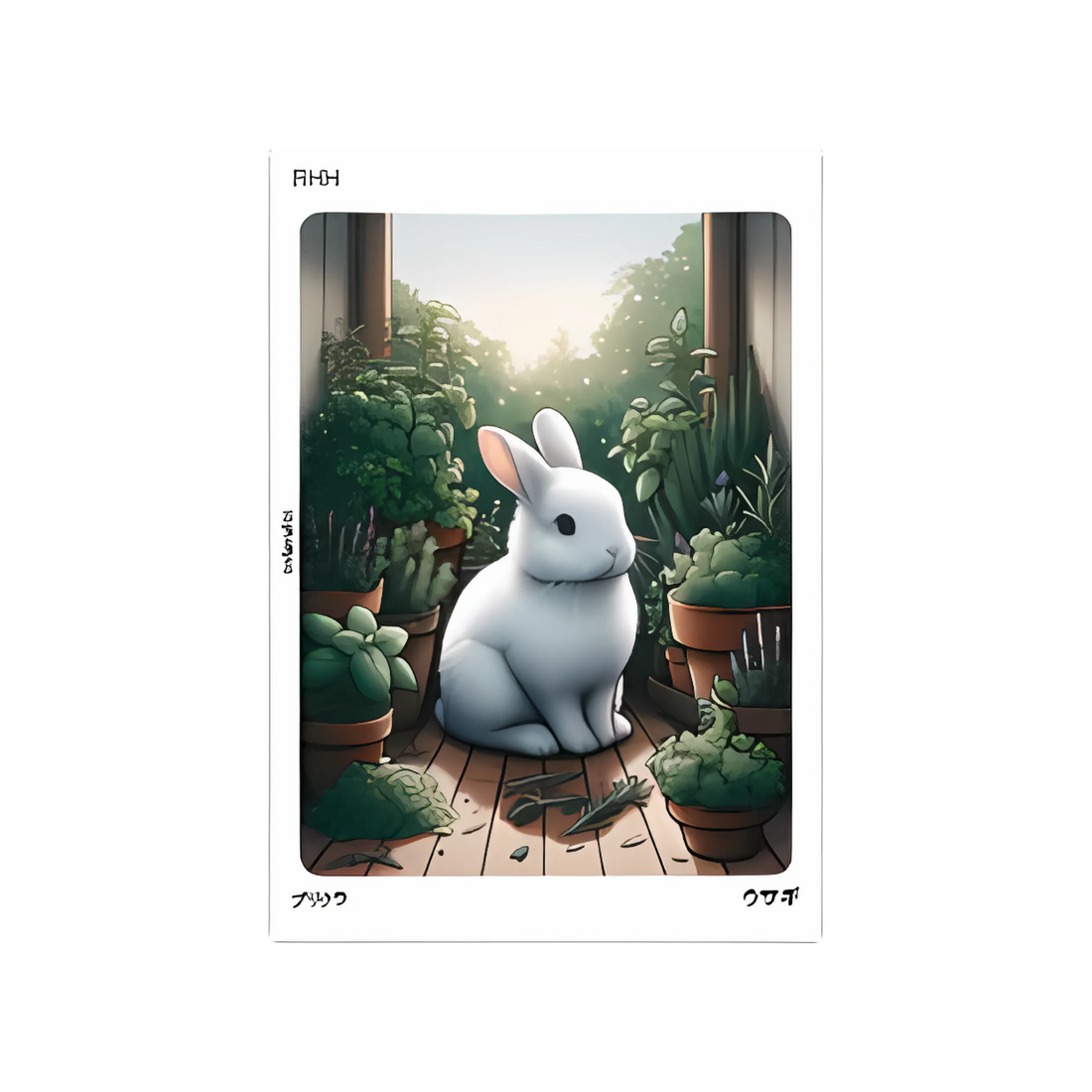

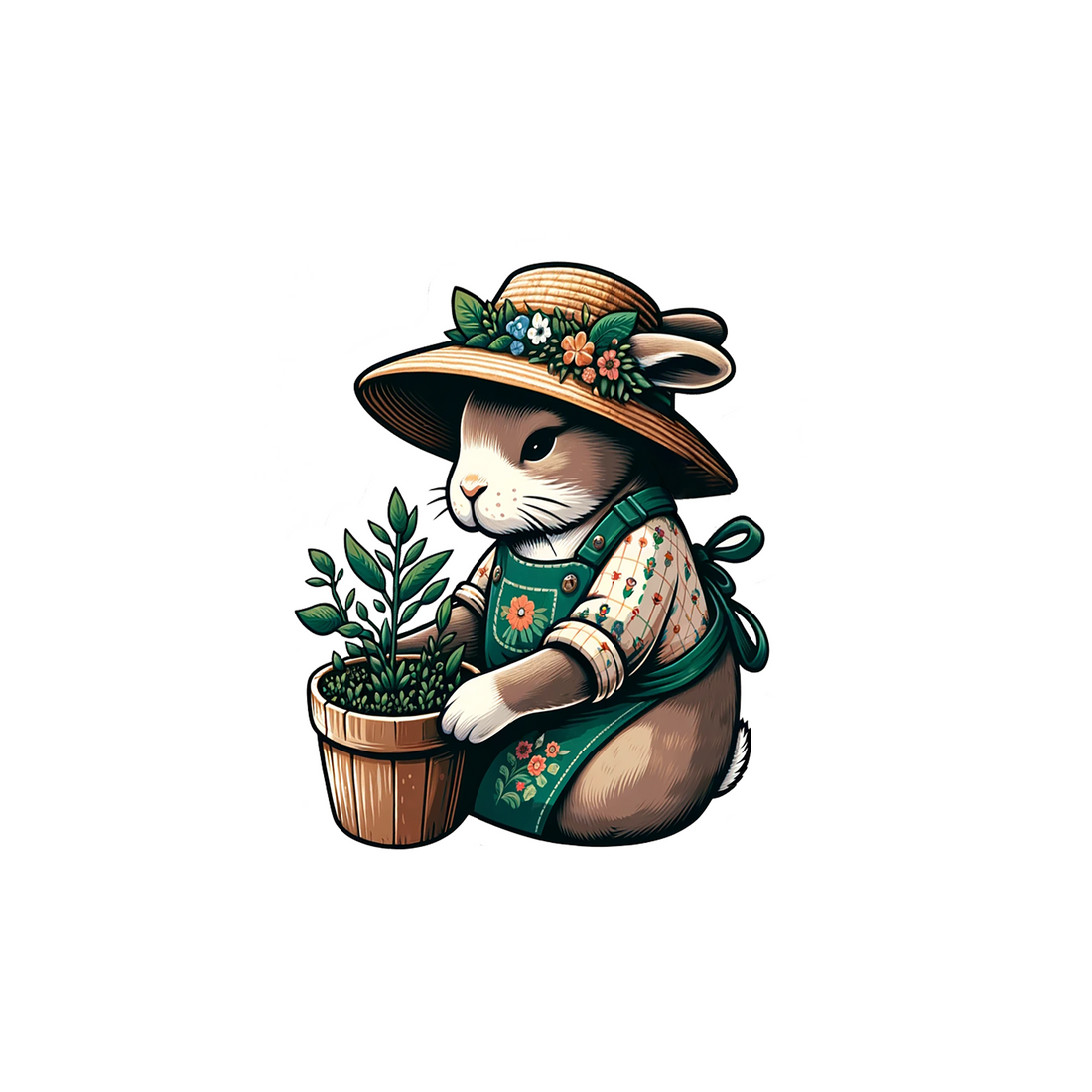
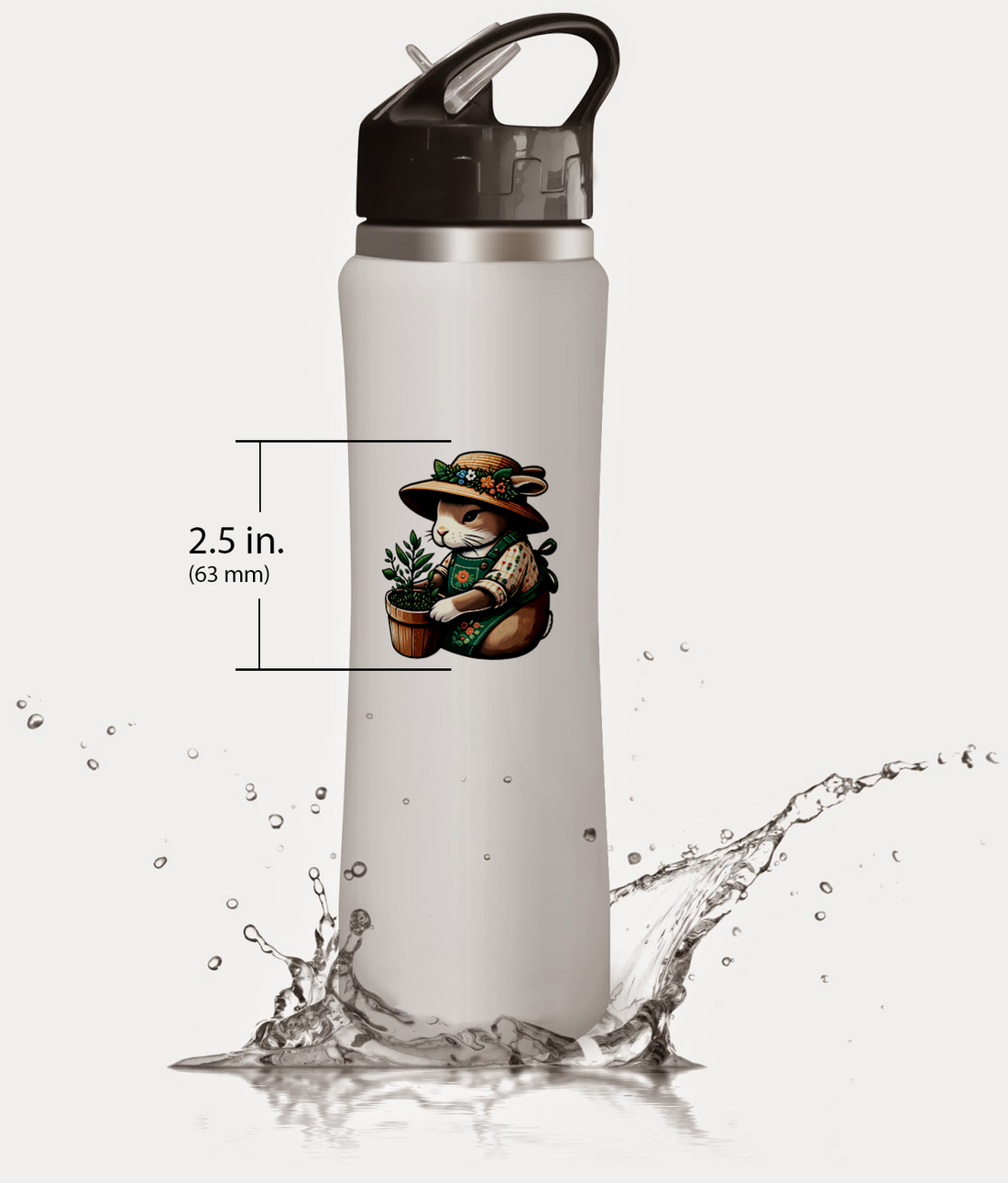


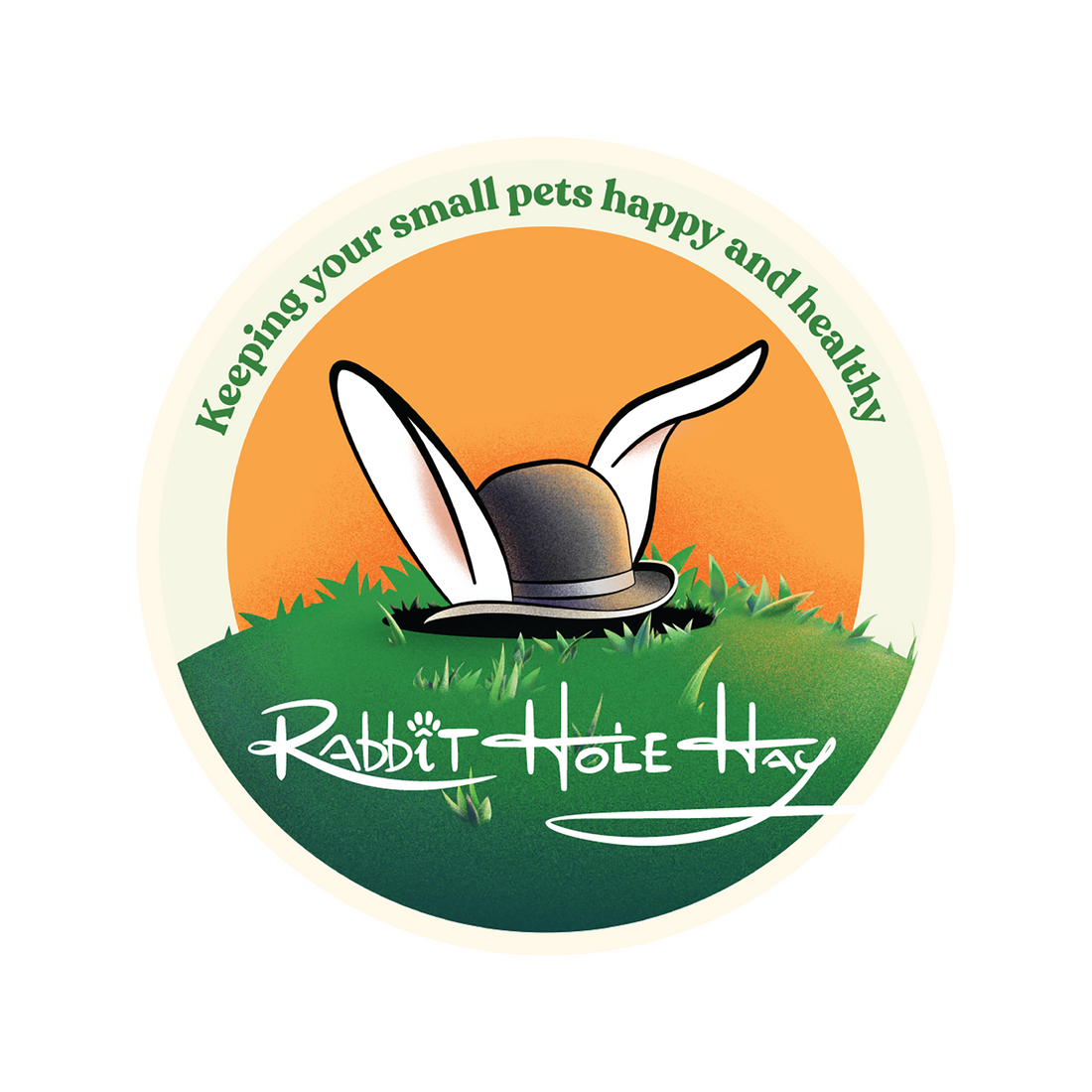
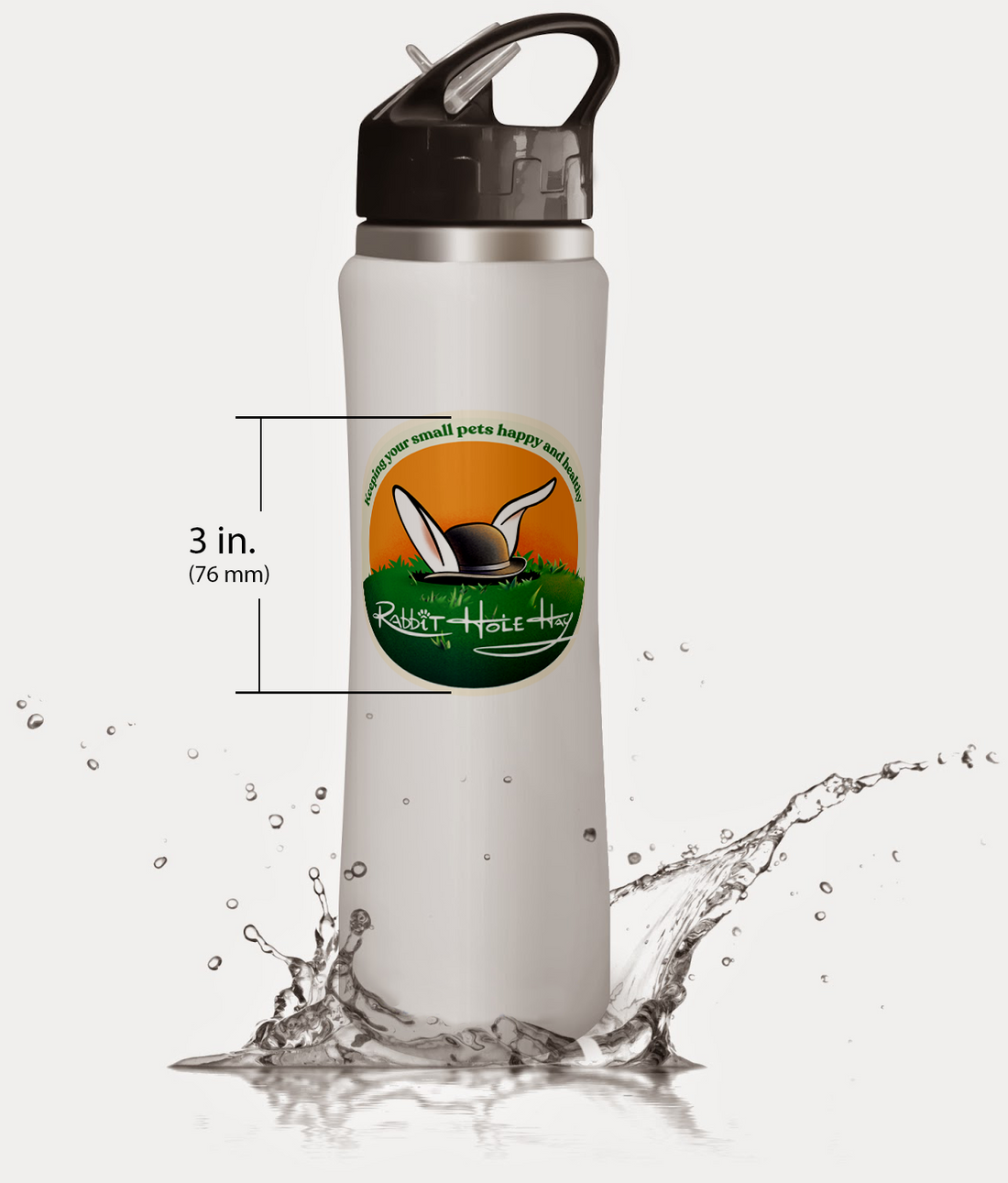

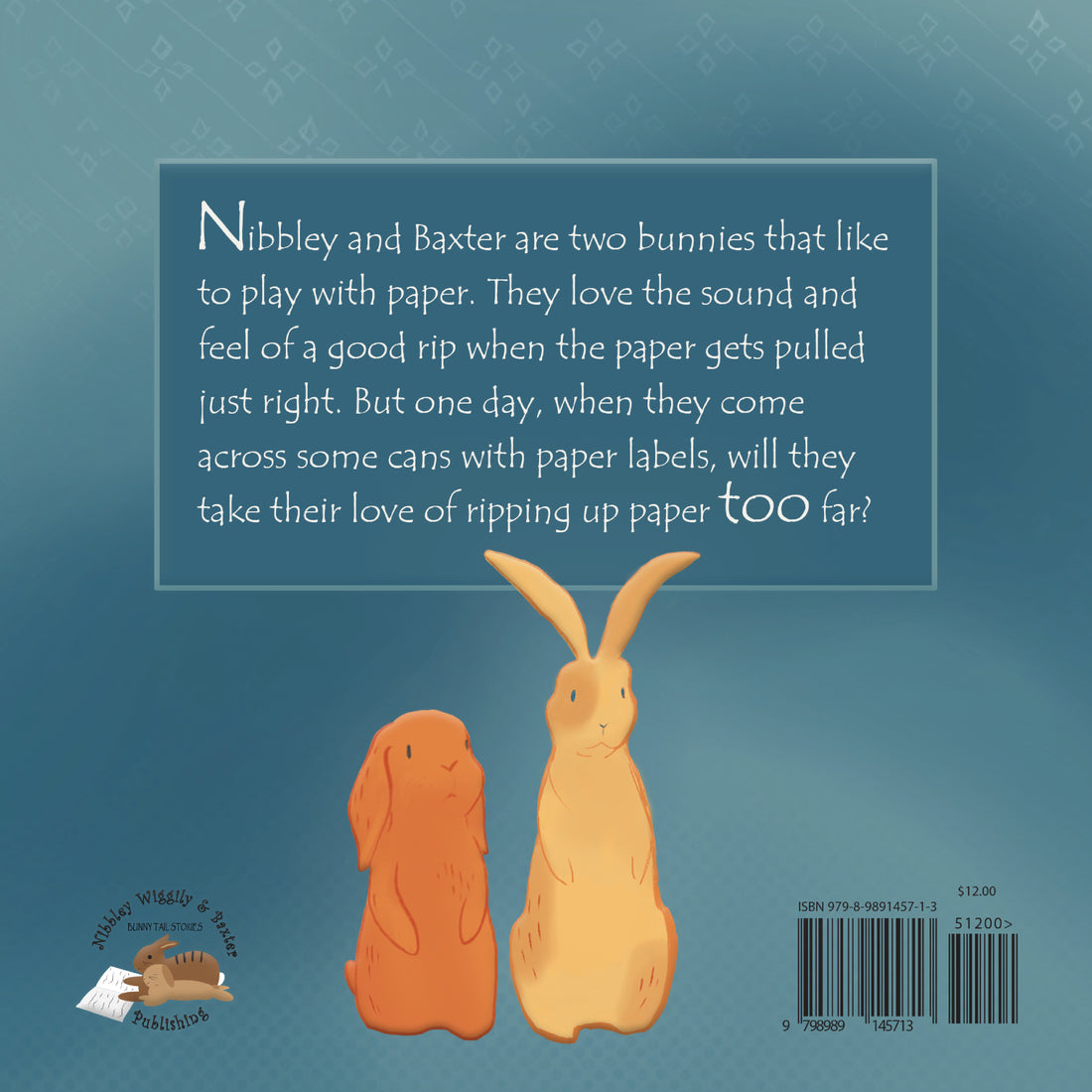



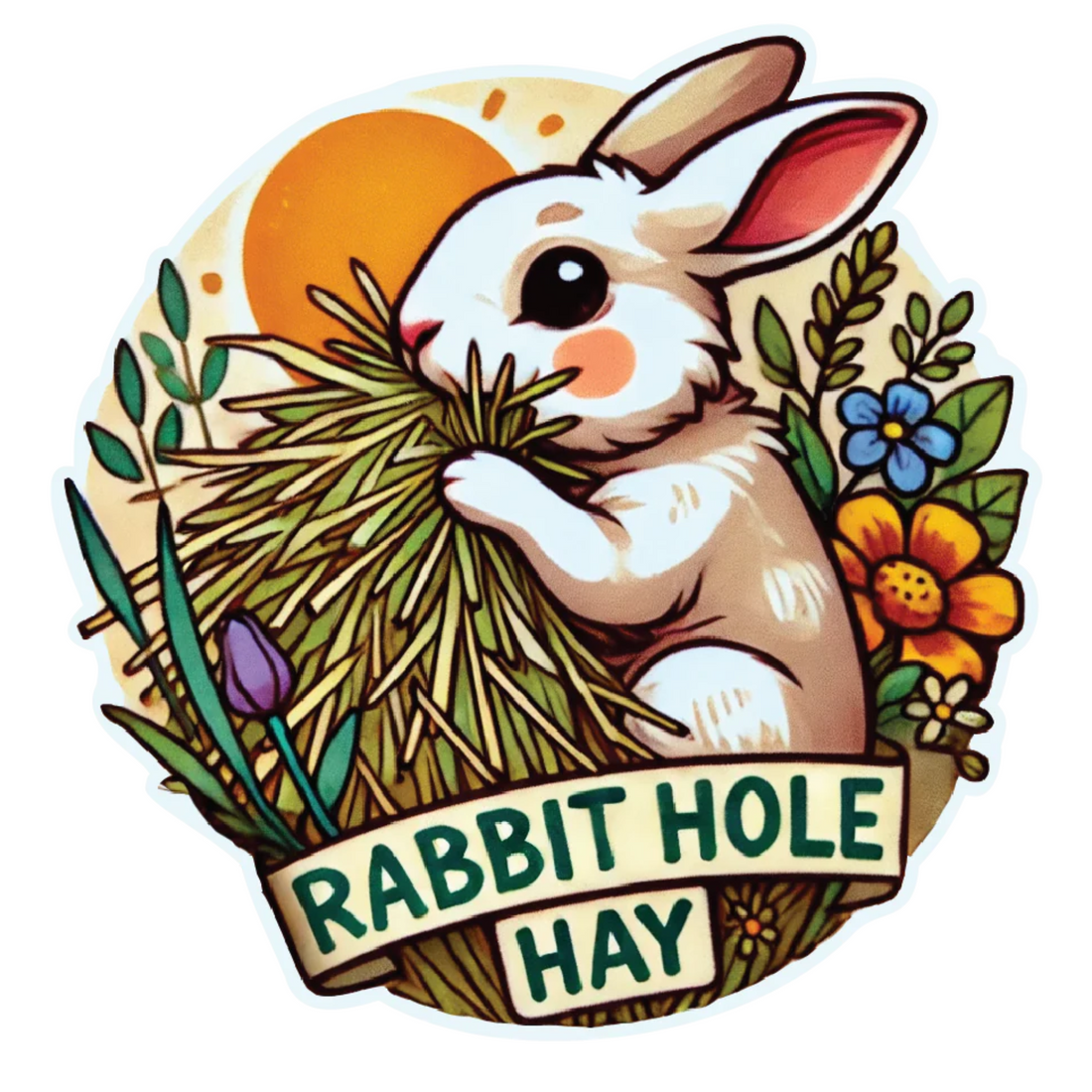
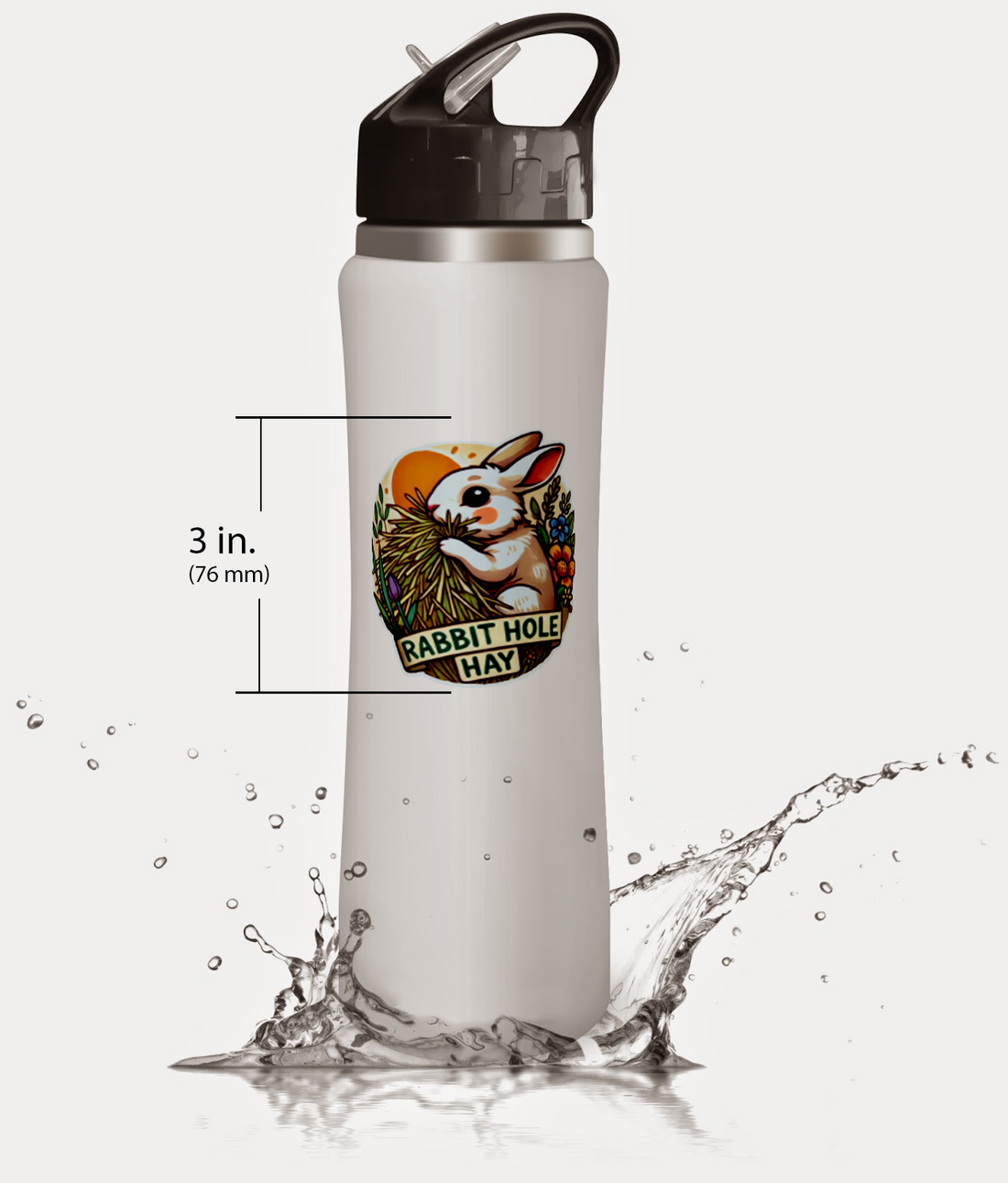


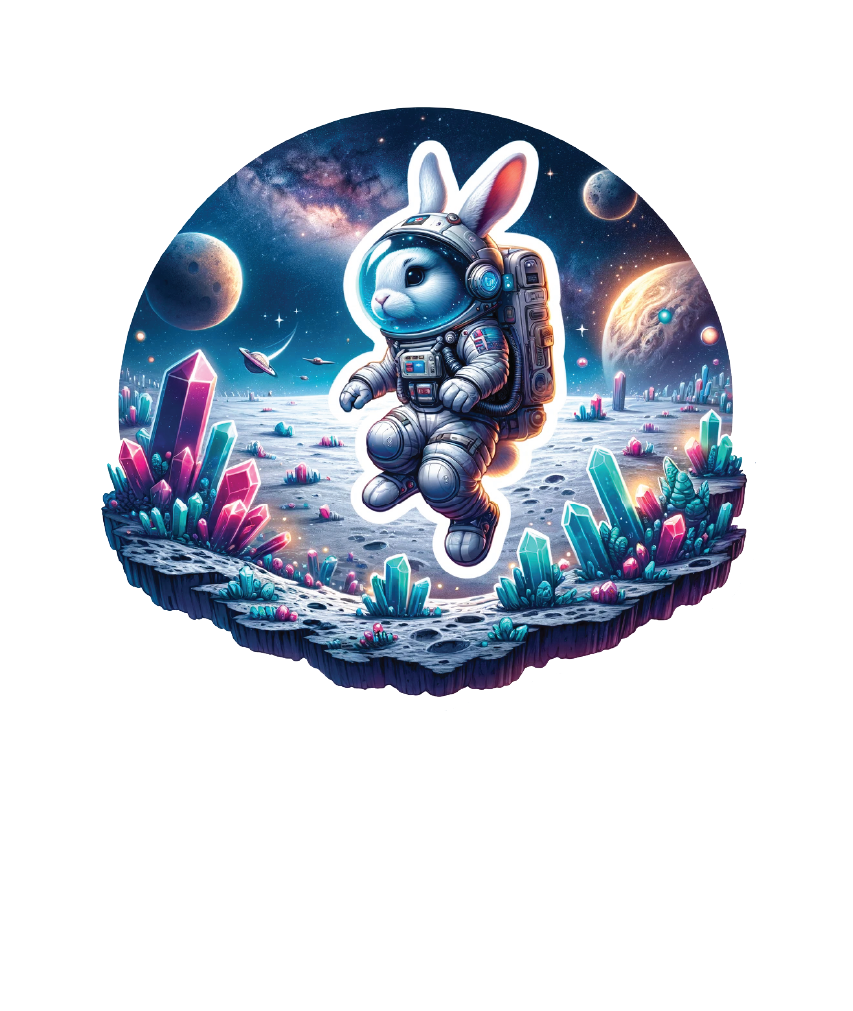
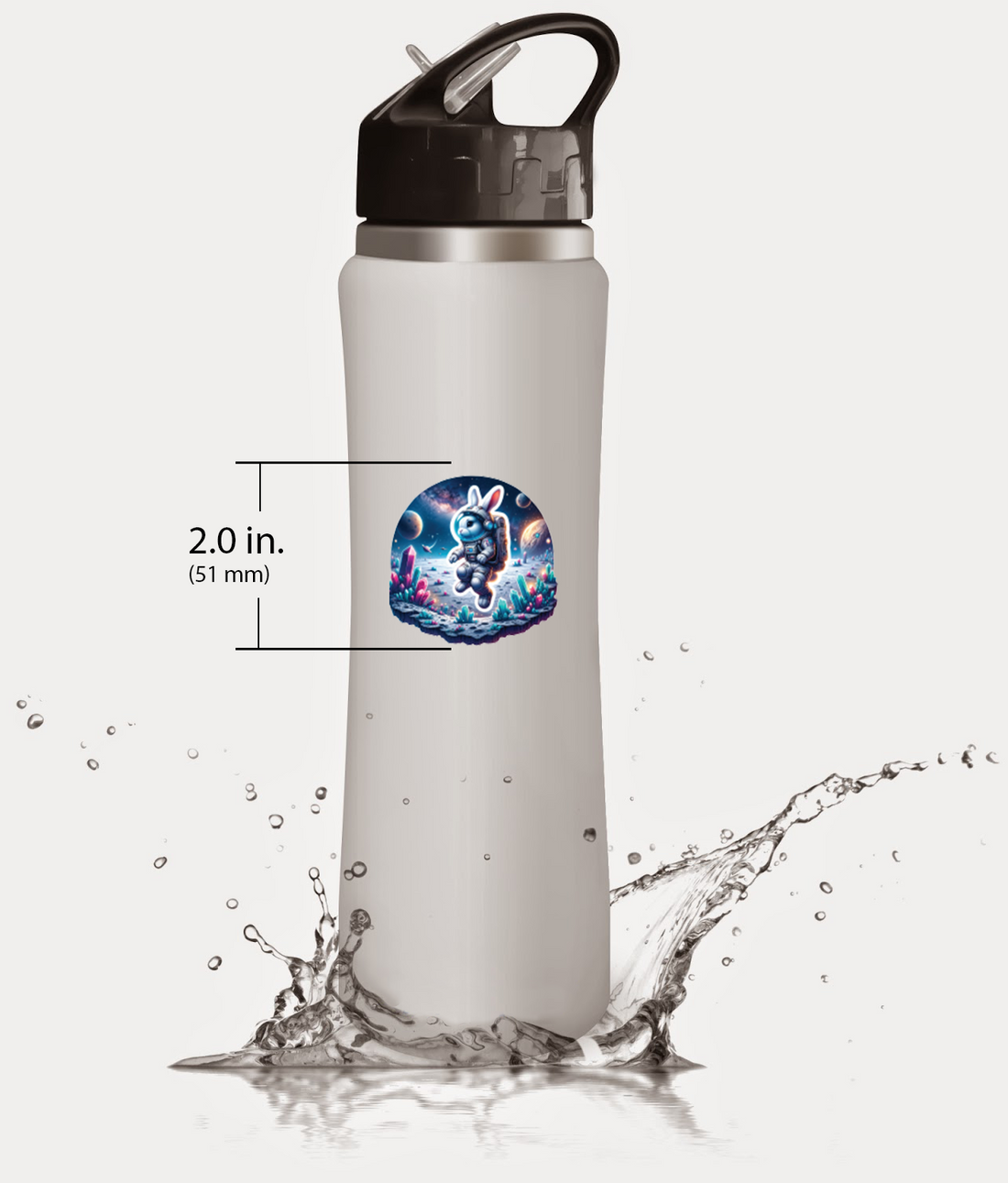


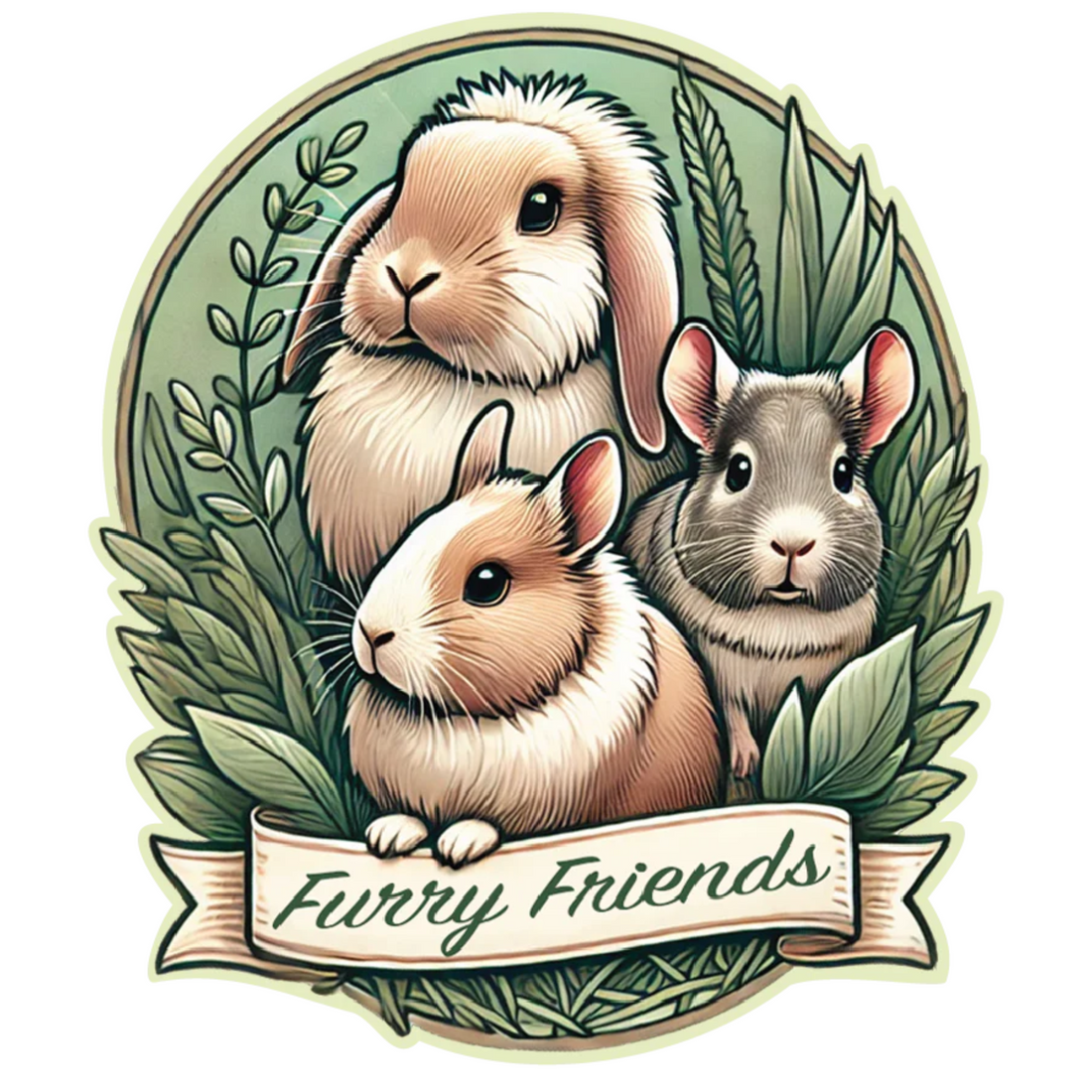
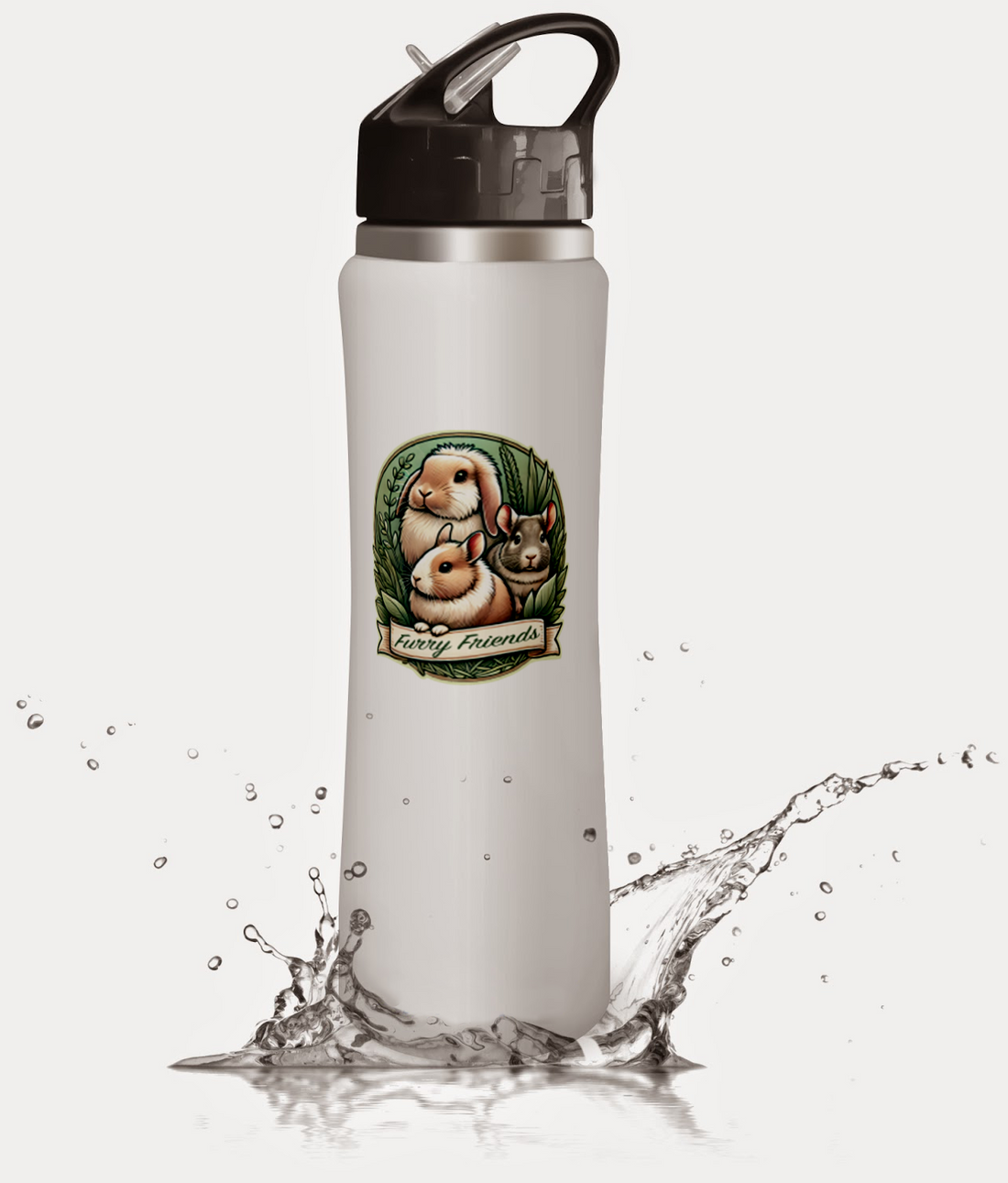





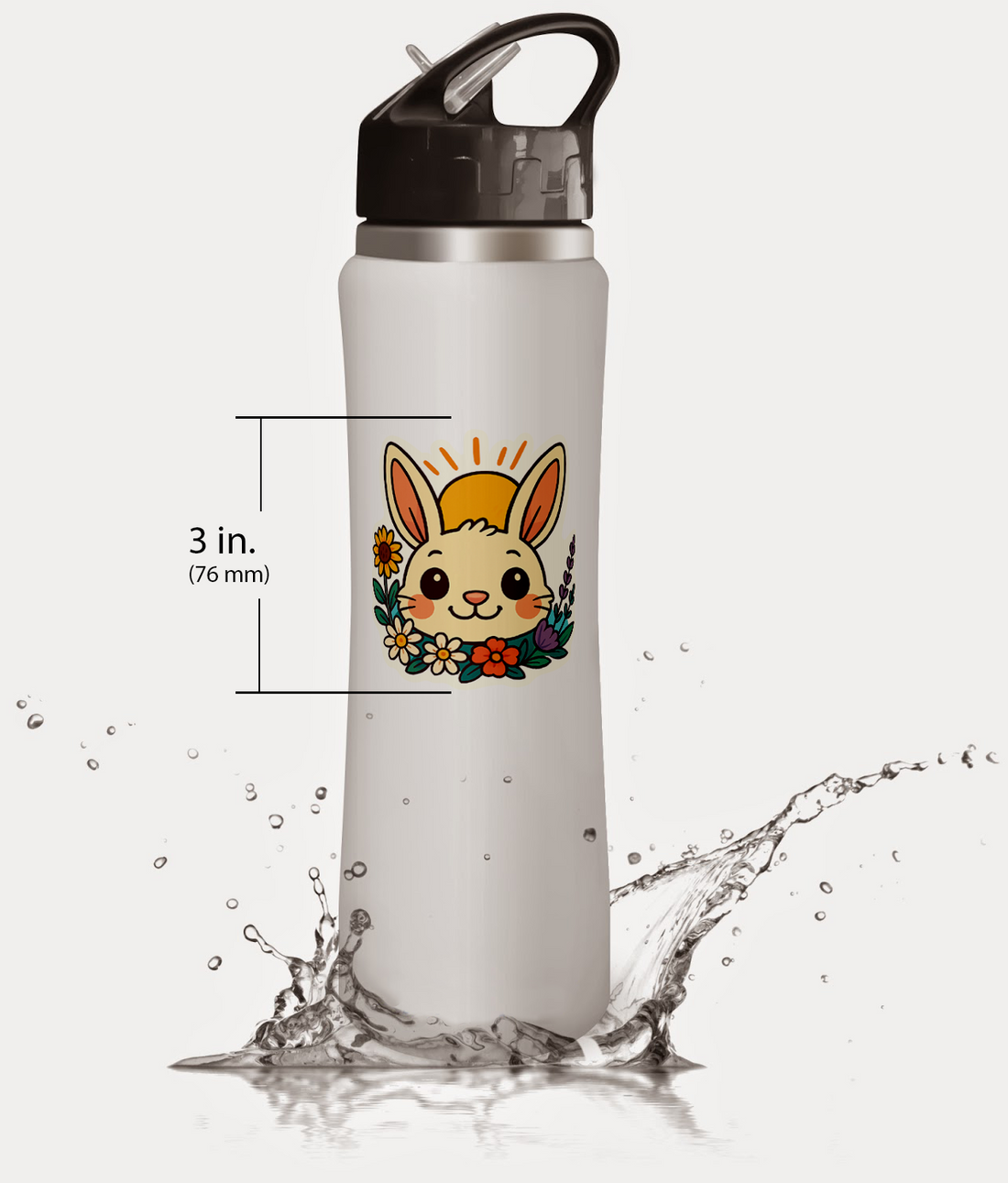
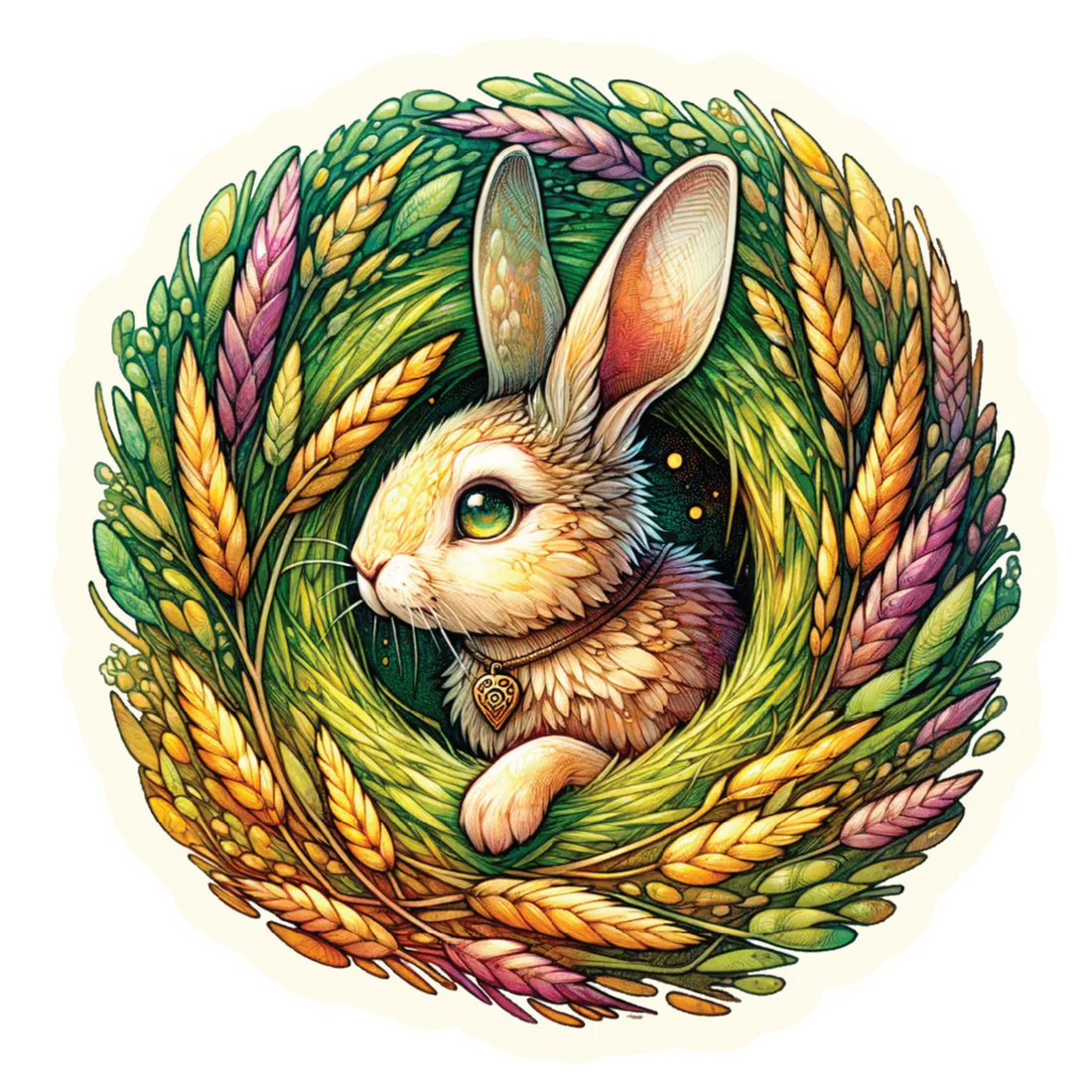


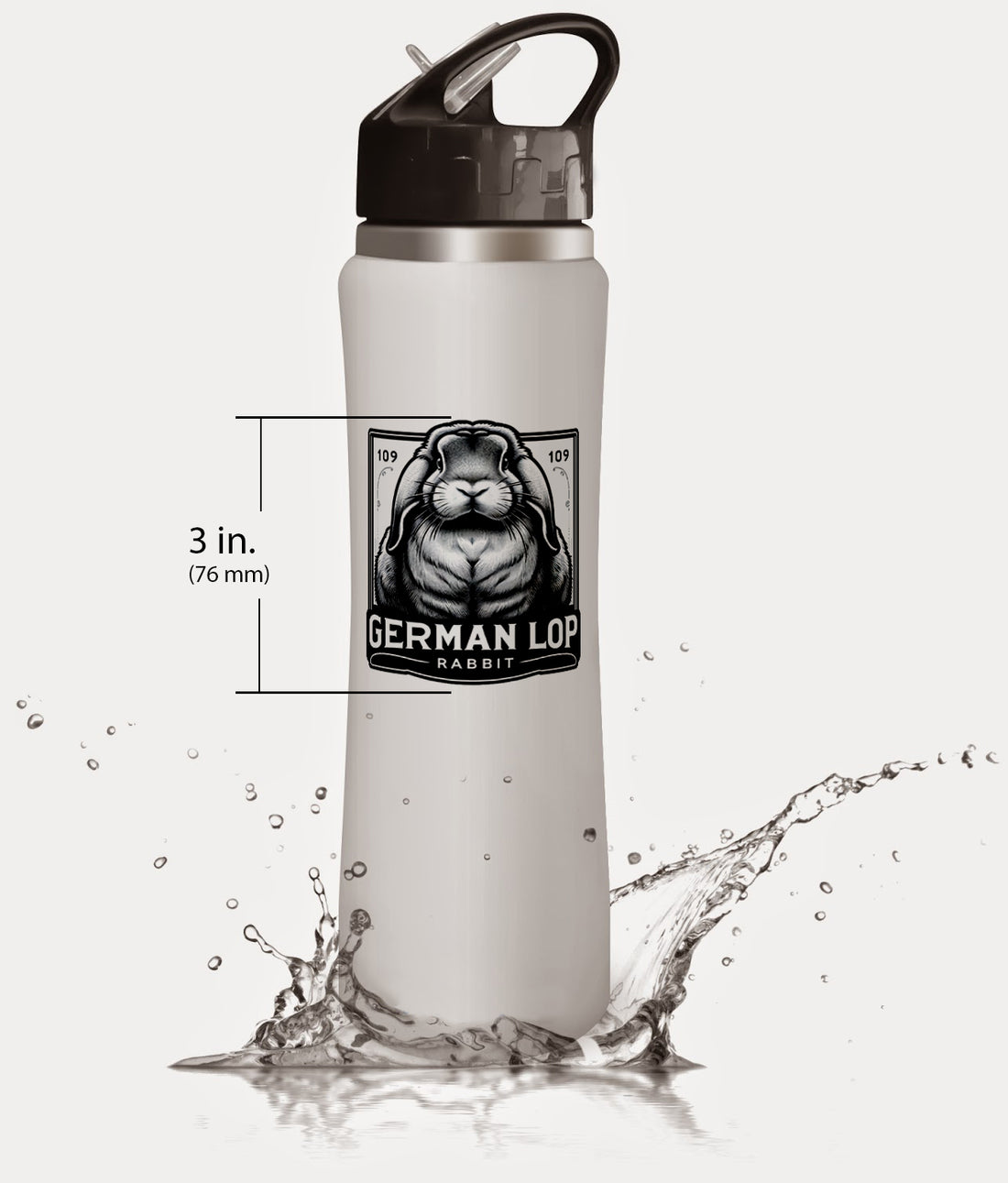




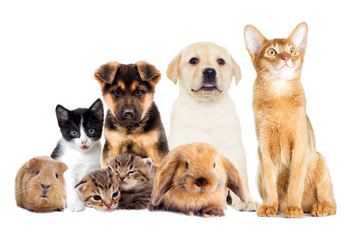


Comments